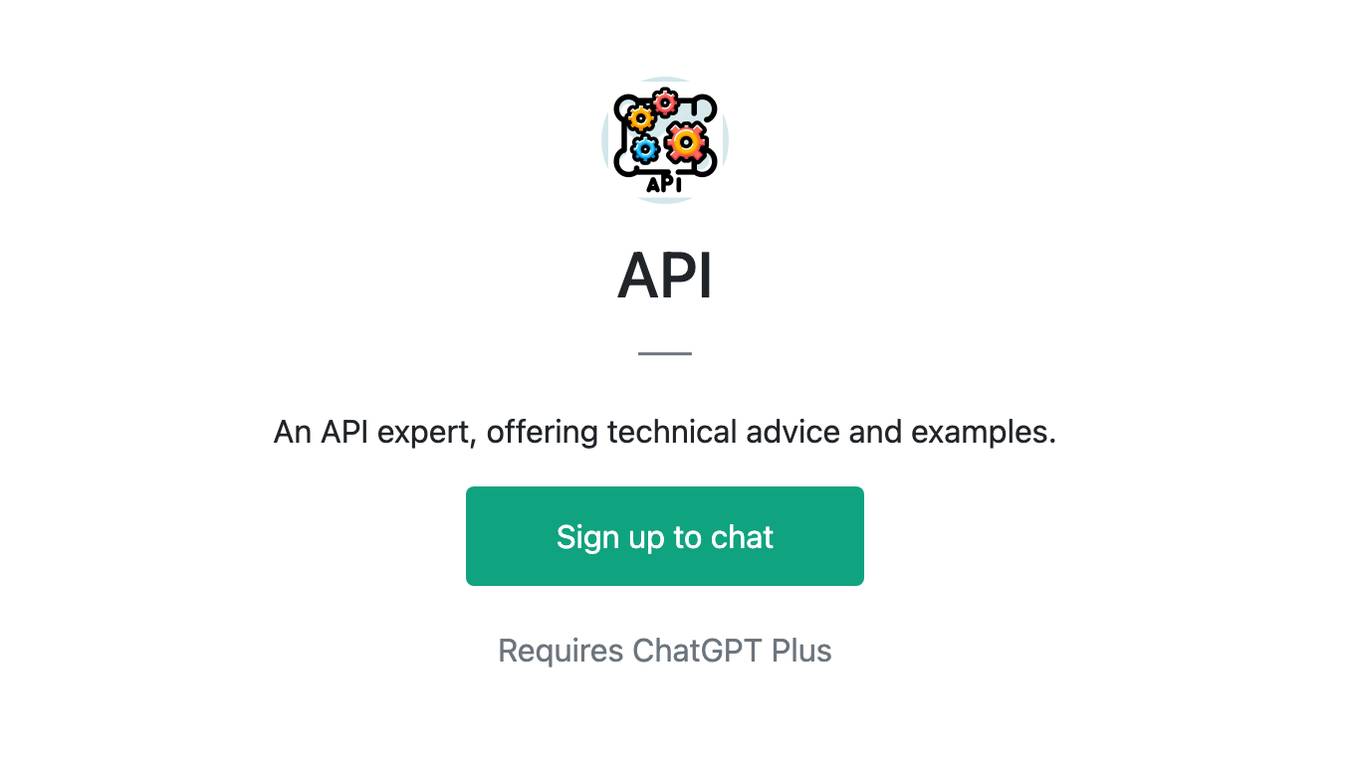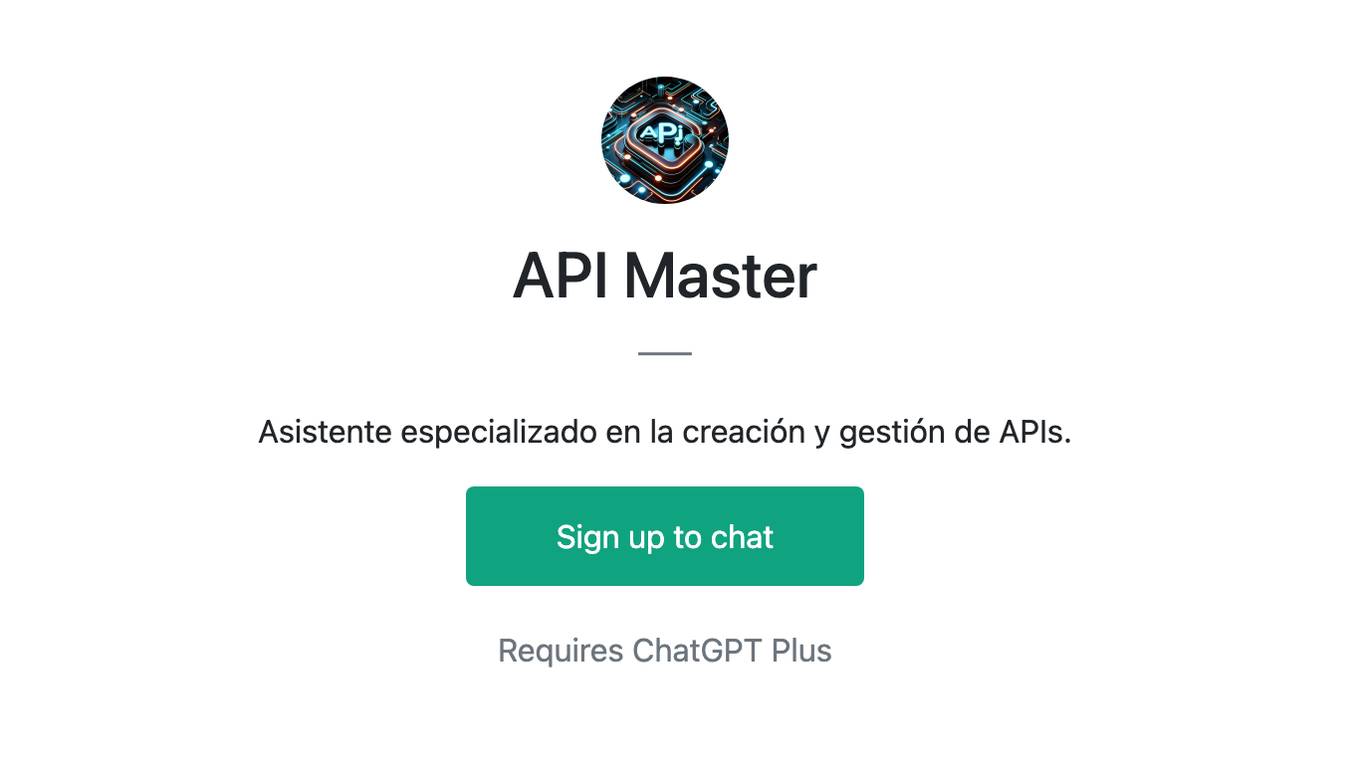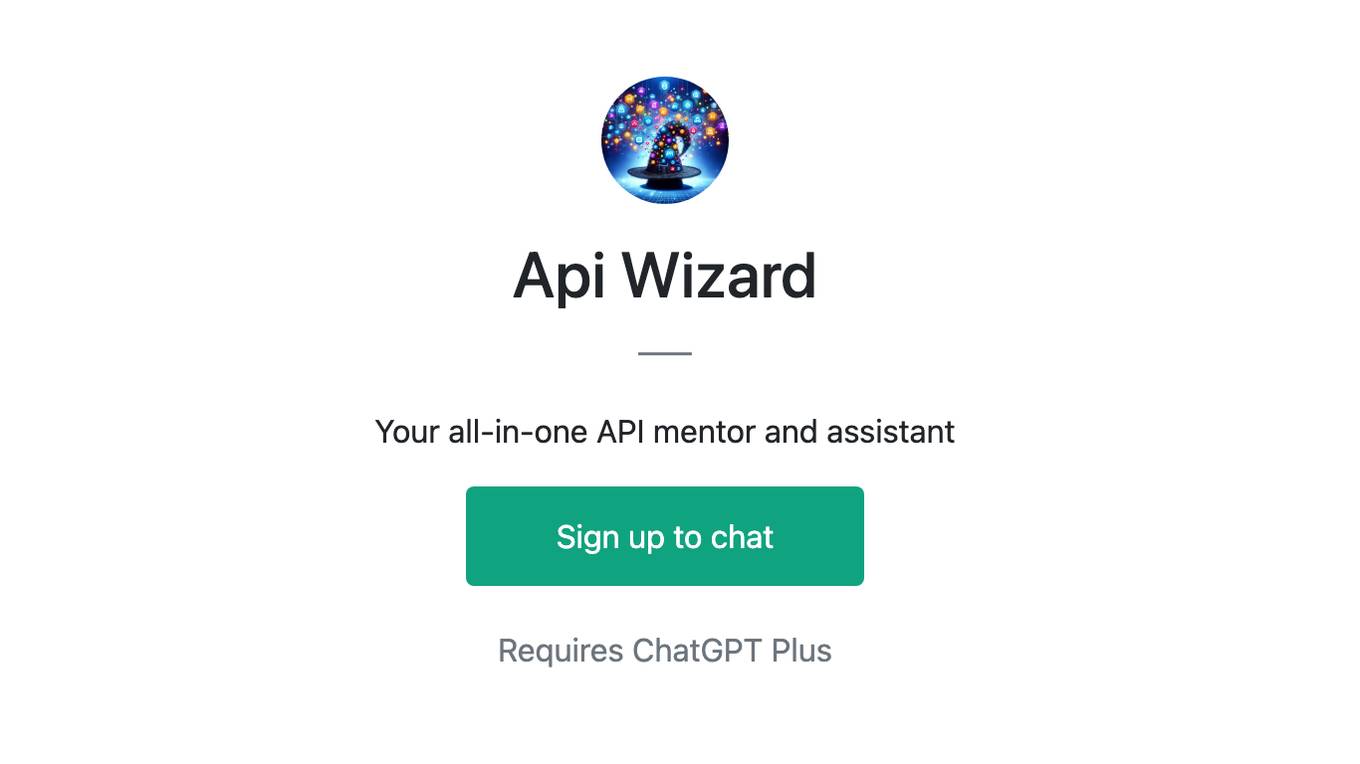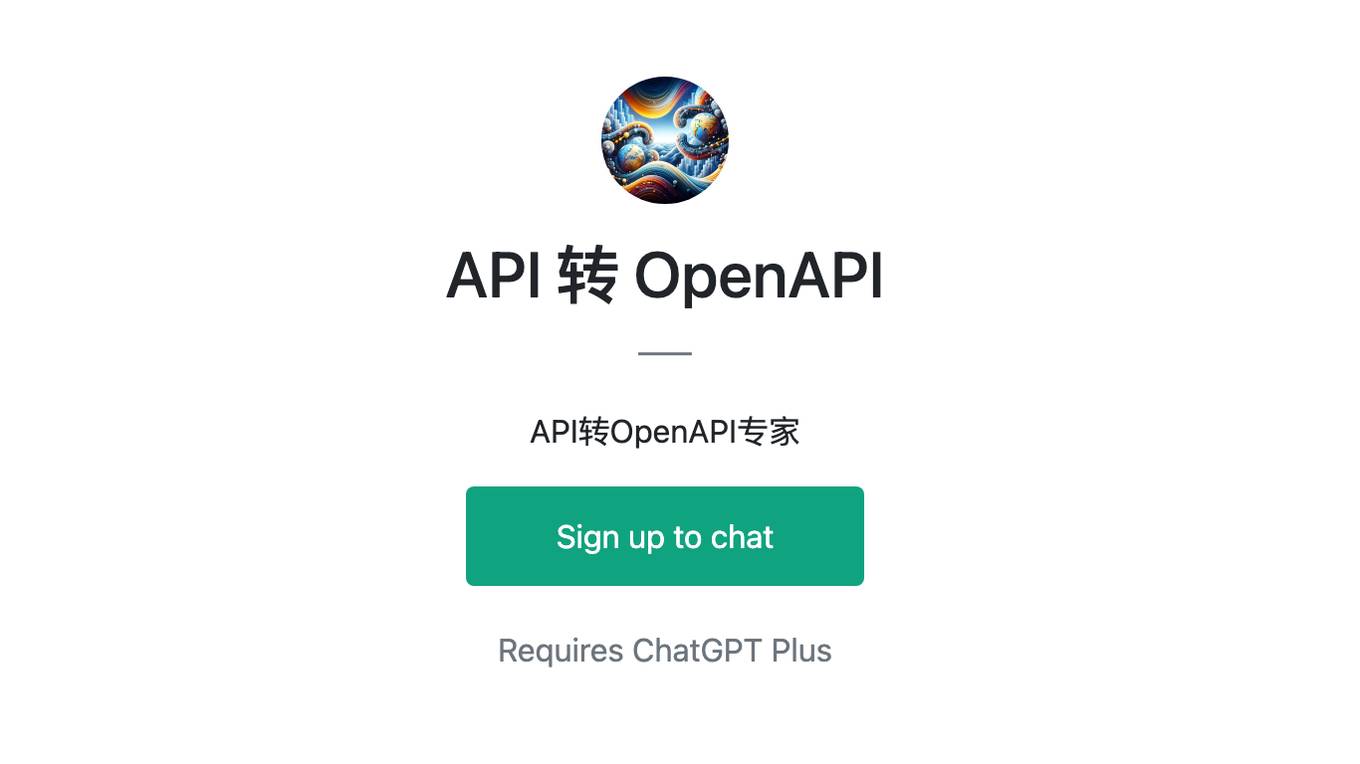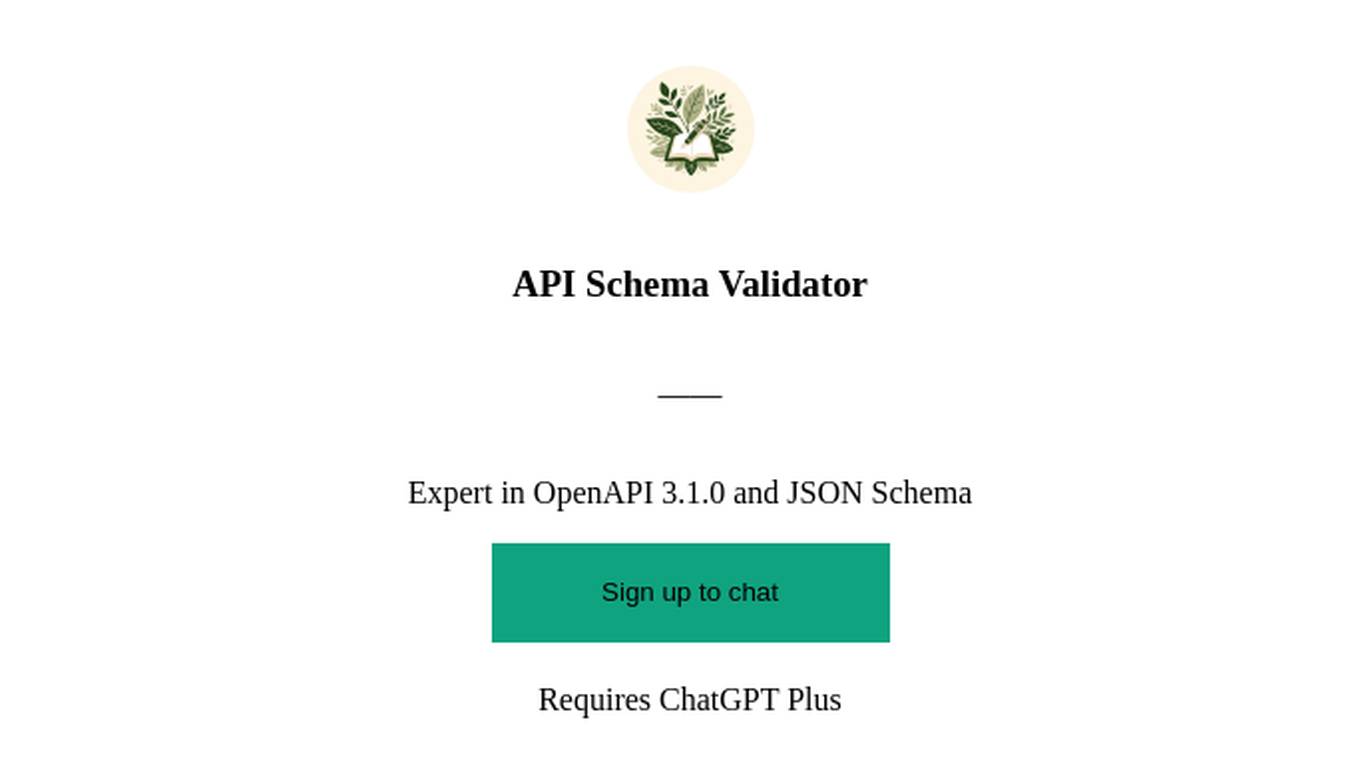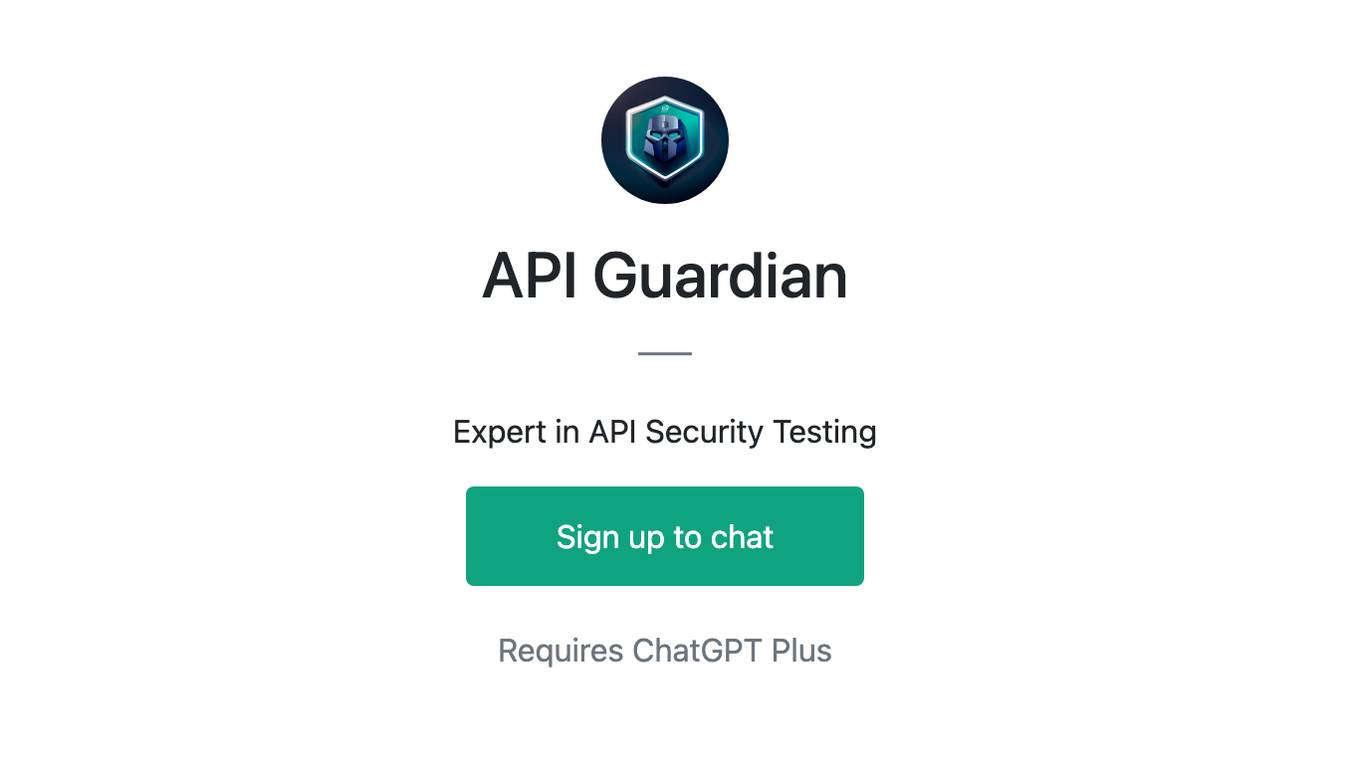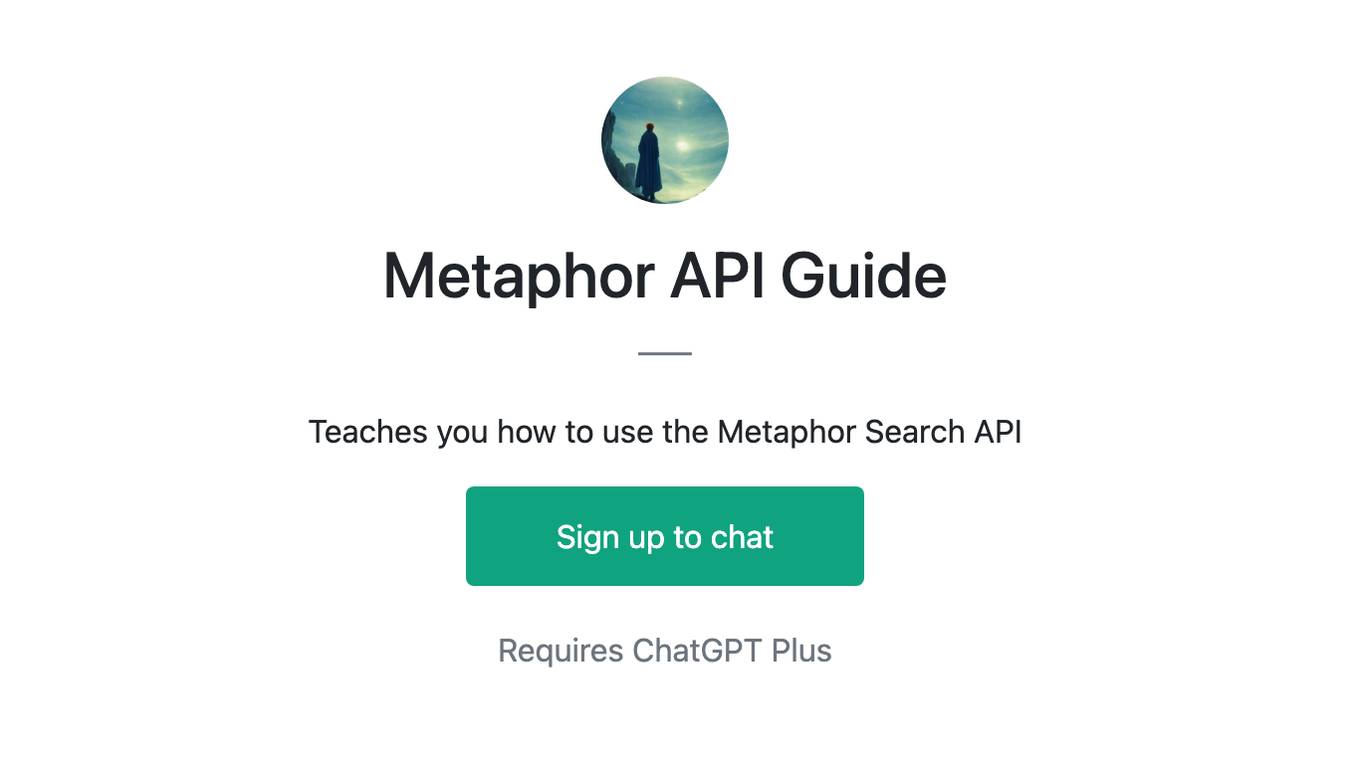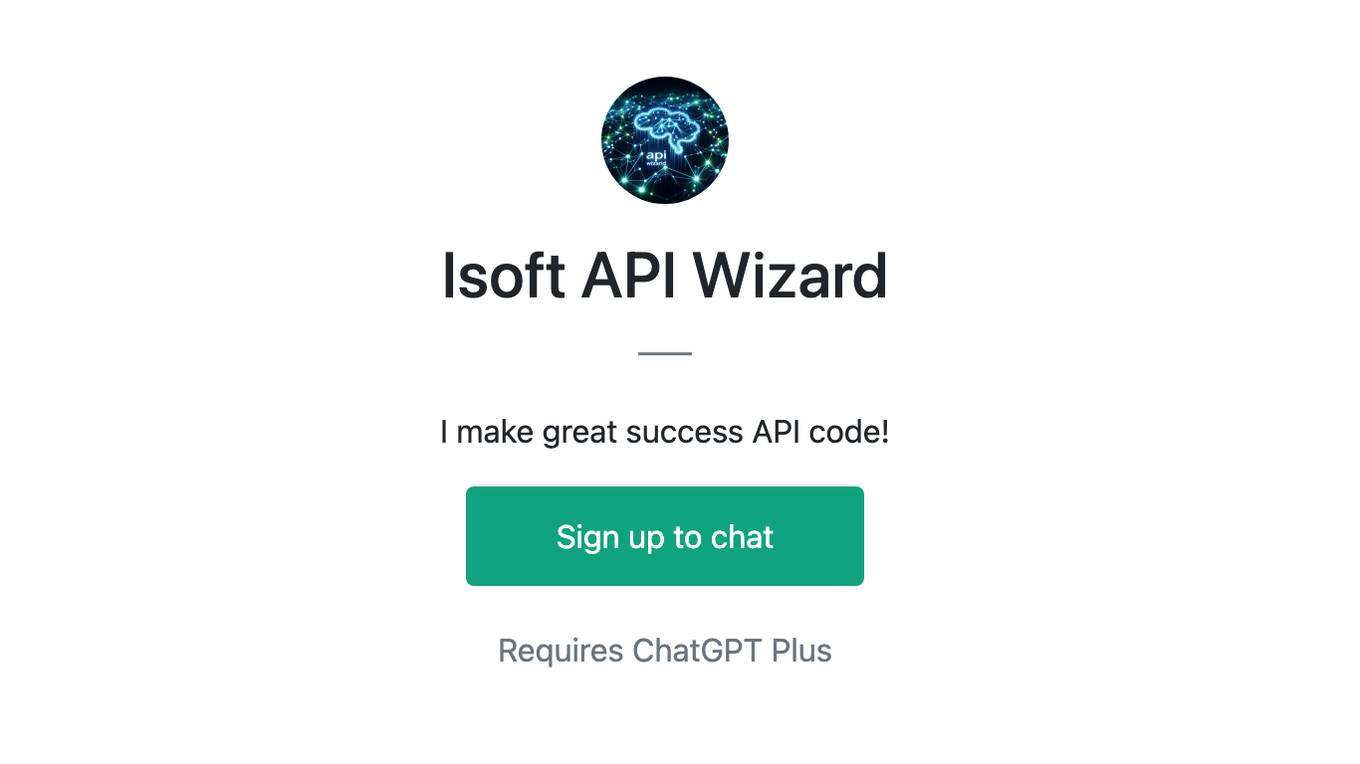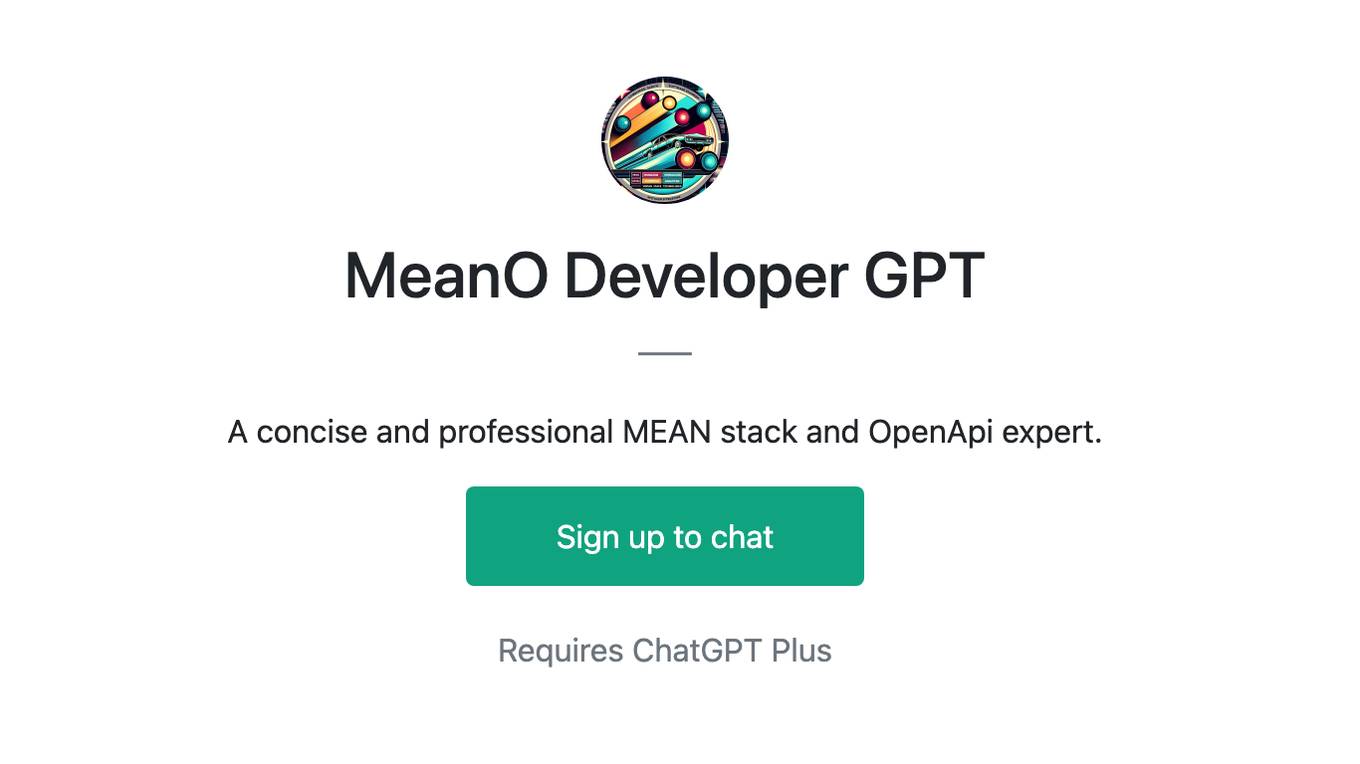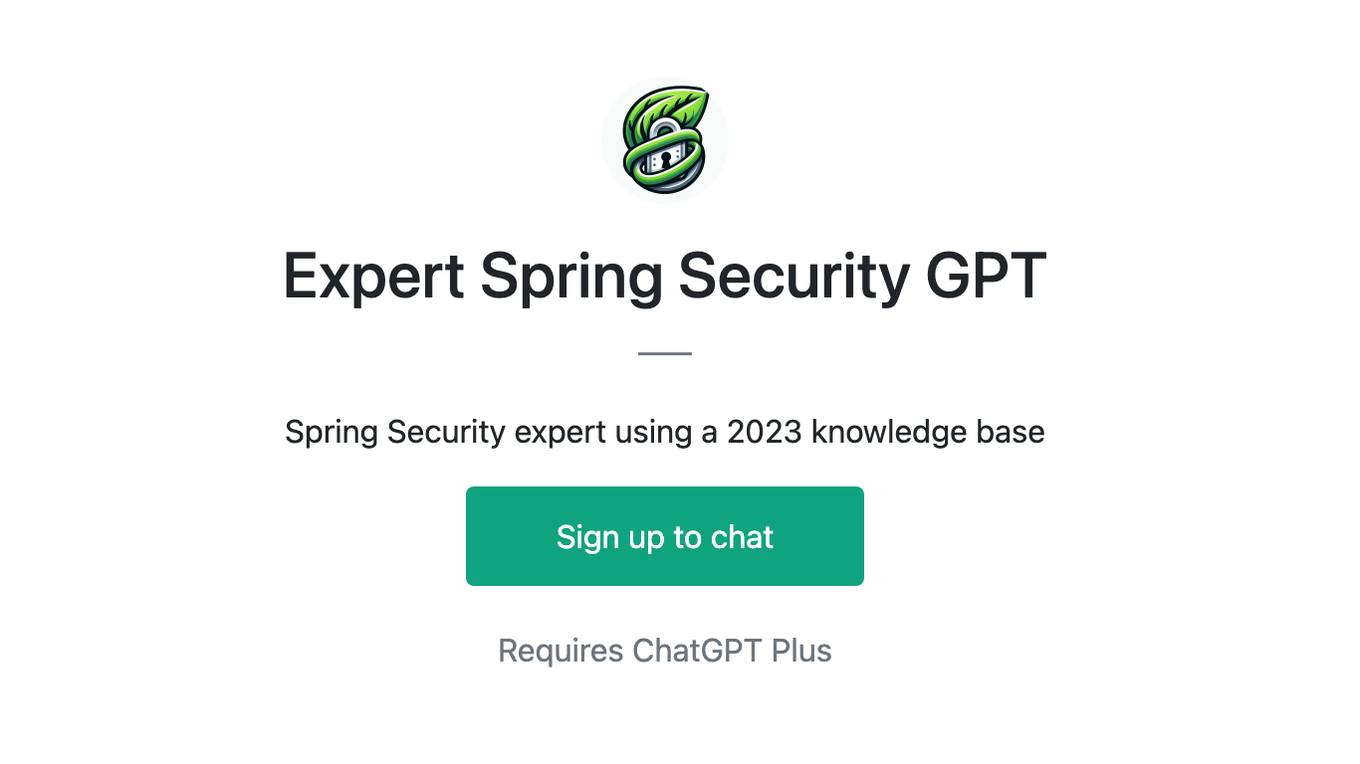Best AI tools for< Api Architect >
Infographic
20 - AI tool Sites
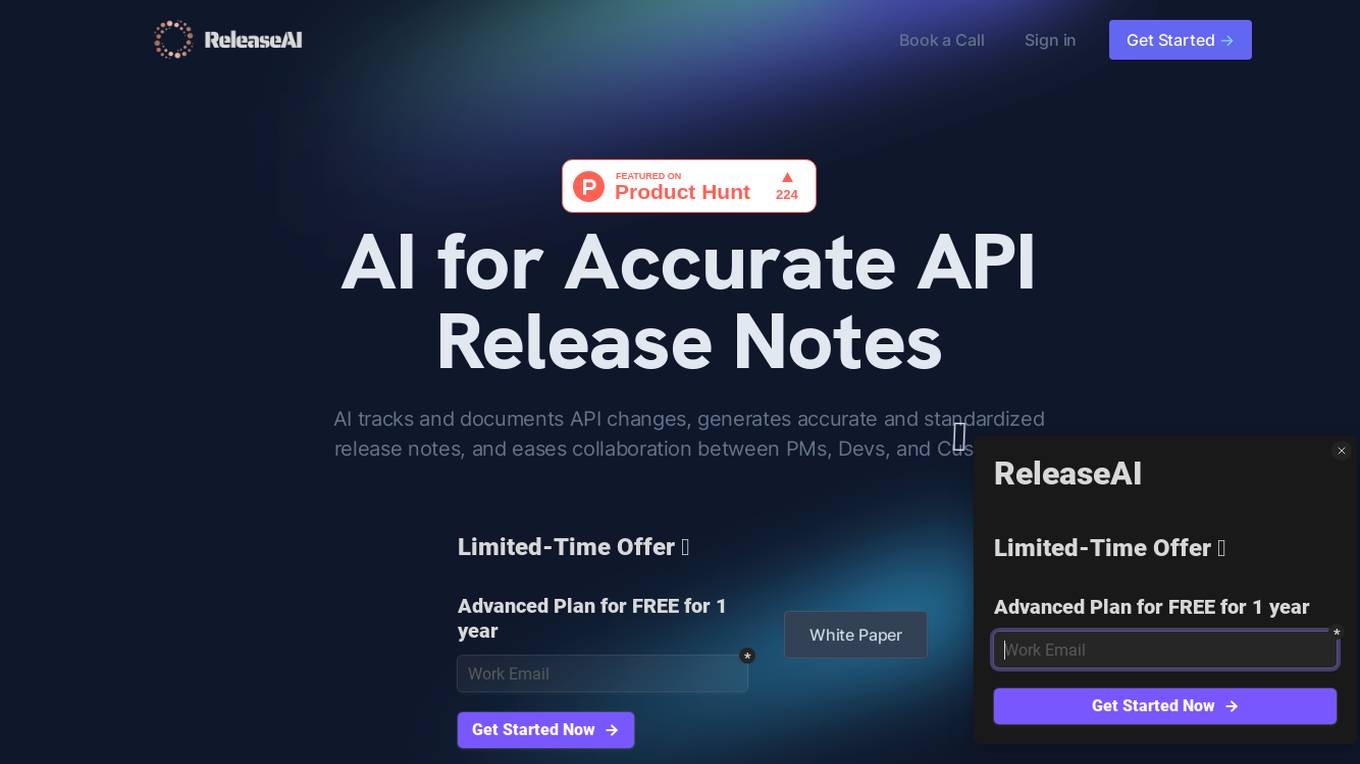
Release AI
Release AI is an AI tool designed to track and document API changes, enabling users to generate release notes efficiently. The tool automates the process of monitoring and recording modifications made to APIs, streamlining the documentation process. With Release AI, users can stay up-to-date with API changes and easily create comprehensive release notes for their projects.
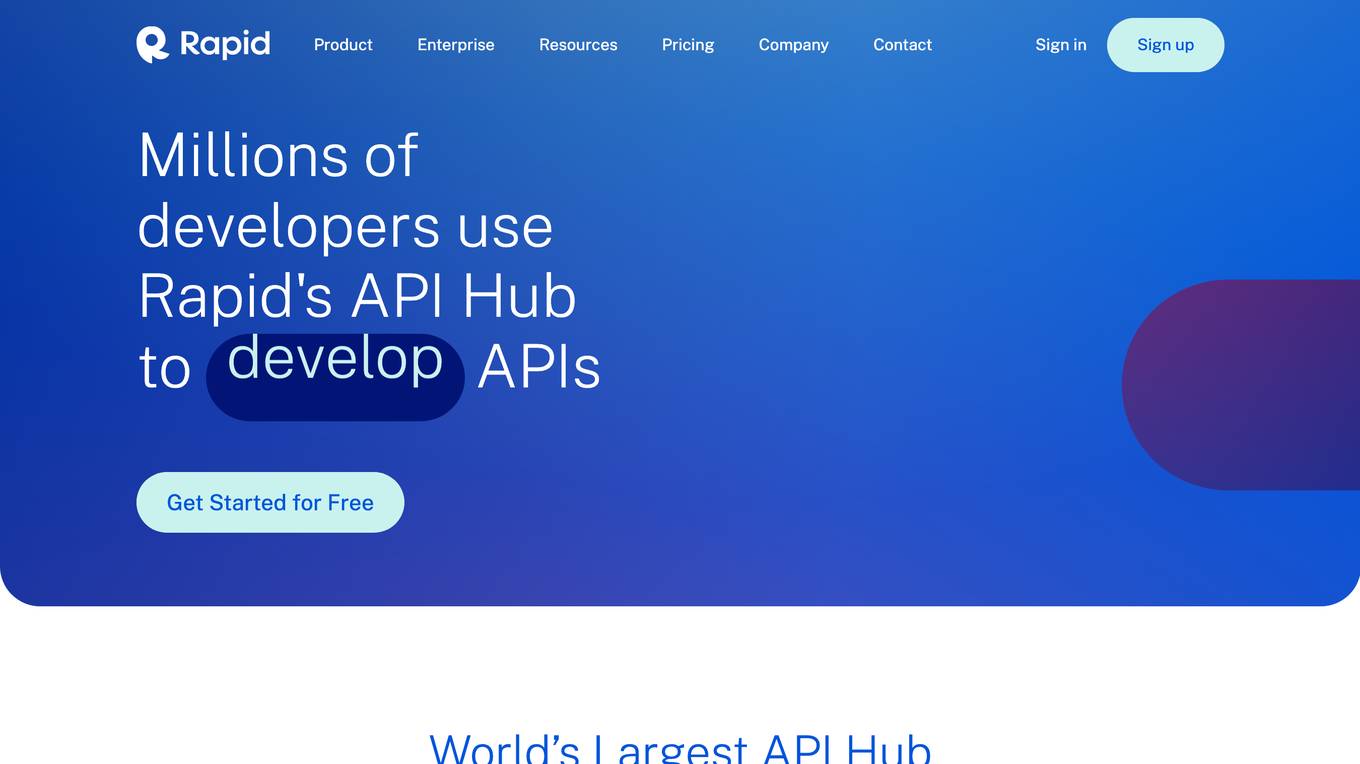
Nokia API Hub
Nokia API Hub, previously known as Rapid, is a platform that offers a comprehensive catalog of APIs for enterprises. It allows users to discover and utilize various APIs or publish their own to generate new revenue streams. With features like a vast API library, developer community, and testing resources, Nokia API Hub aims to facilitate seamless API integration for businesses.

BugFree.ai
BugFree.ai is an AI-powered platform designed to help users practice system design and behavior interviews, similar to Leetcode. The platform offers a range of features to assist users in preparing for technical interviews, including mock interviews, real-time feedback, and personalized study plans. With BugFree.ai, users can improve their problem-solving skills and gain confidence in tackling complex interview questions.
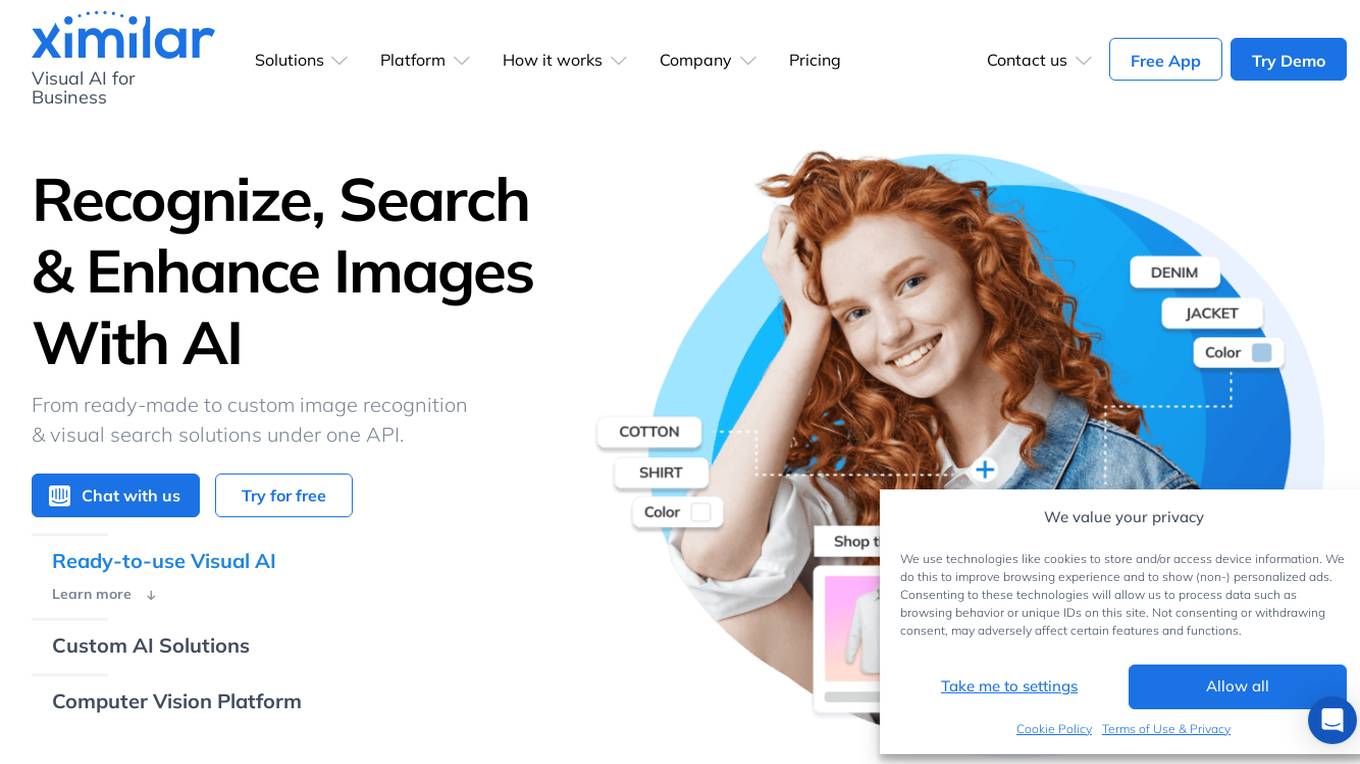
Ximilar Visual AI for Business
Ximilar Visual AI for Business is an AI tool that offers a comprehensive platform for image recognition and visual search solutions. It provides features such as image classification, regression, object detection, AI model combination, image annotation, and more. Users can easily build custom machine learning models without coding, access ready-to-use visual AI demos, and benefit from features like image upscaling, background removal, and color extraction. The platform caters to various industries including fashion, home decor, stock photos, collectibles, med & biotech, manufacturing, and real estate.

Luma AI
Luma AI is a 3D capture platform that allows users to create interactive 3D scenes from videos. With Luma AI, users can capture 3D models of people, objects, and environments, and then use those models to create interactive experiences such as virtual tours, product demonstrations, and training simulations.
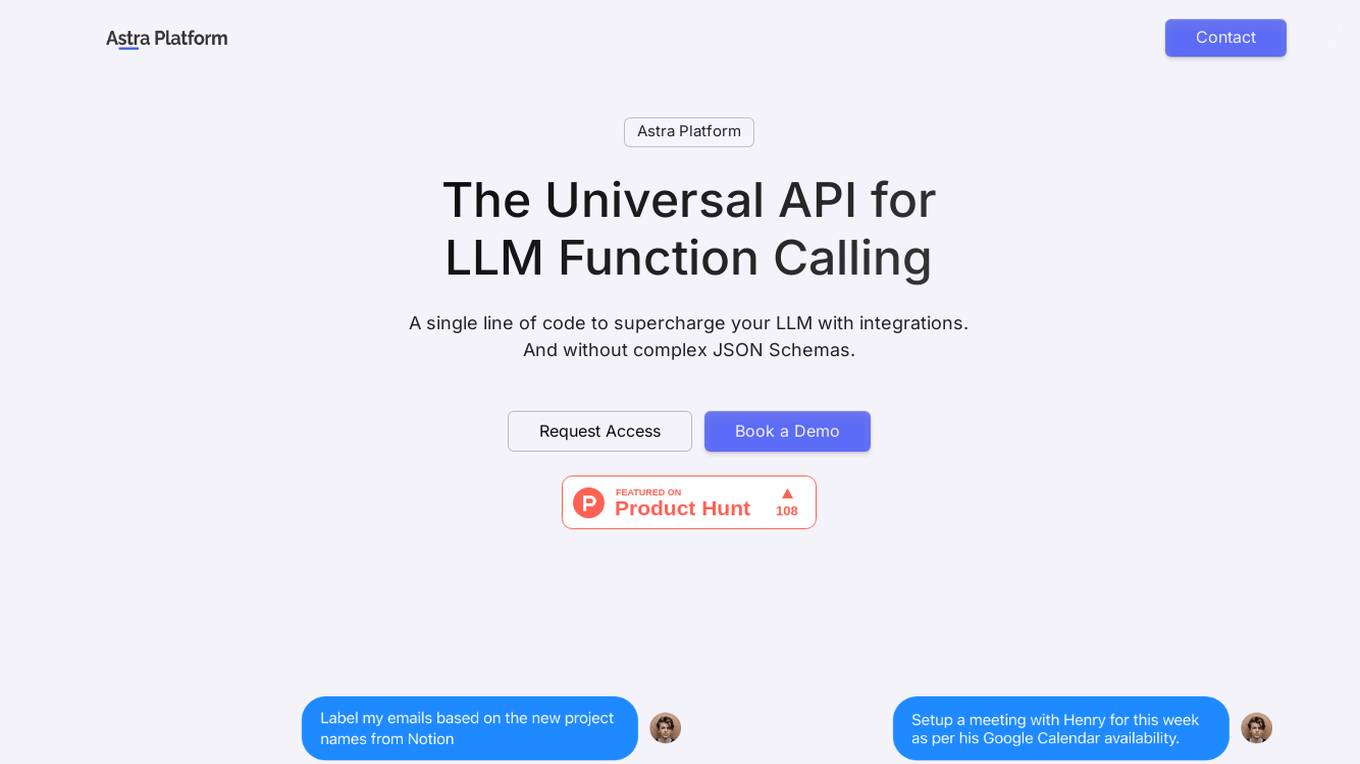
Astra
Astra is a universal API for LLM function calling that supercharges LLMs with integrations using a single line of code. It allows users to conveniently leverage function calling in LLMs with over 2,200 integrations, manage authentication profiles, import tools easily, and enable function calling with any LLM. Astra replaces JSON with a type-safe UI, making integration management simpler. The application extends the capabilities of LLMs without altering their core structure, offering a seamless layer of integrations and function execution.
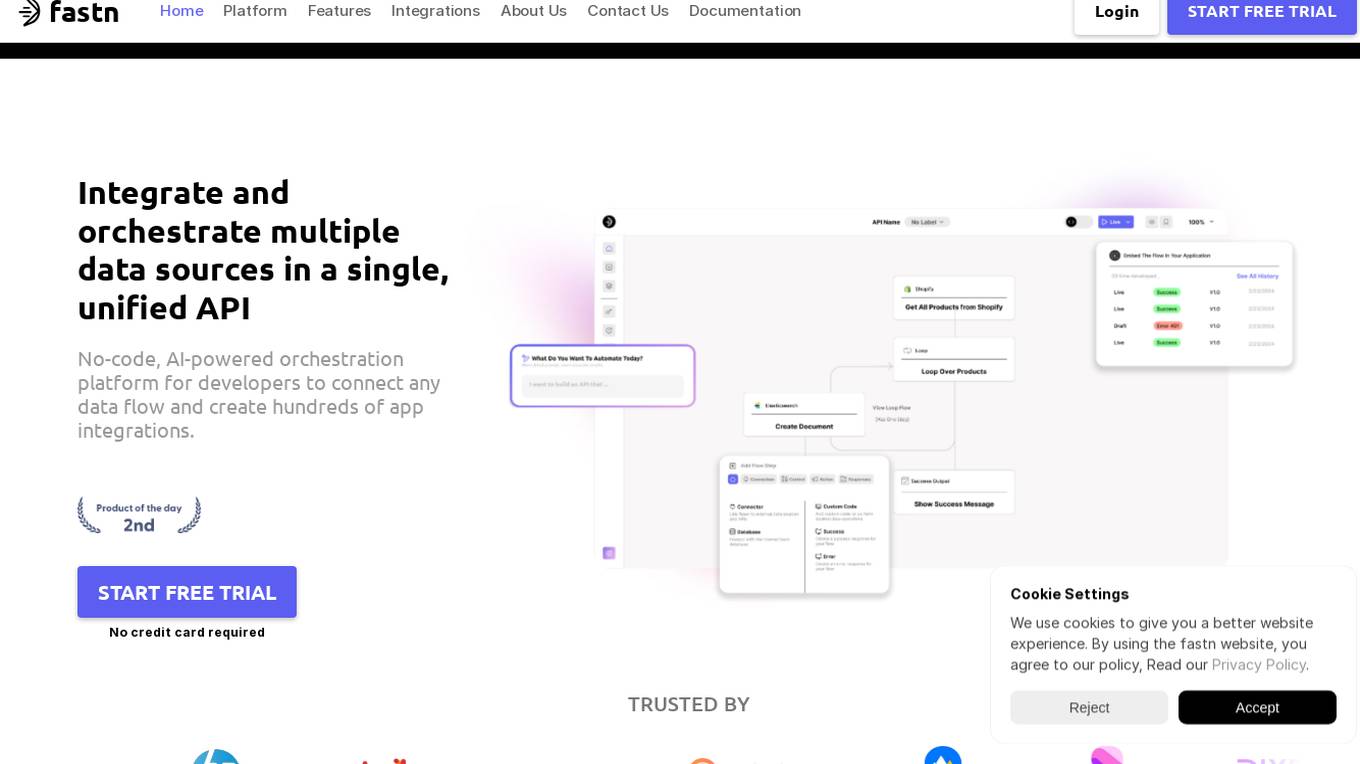
Fastn
Fastn is a no-code, AI-powered orchestration platform for developers to integrate and orchestrate multiple data sources in a single, unified API. It allows users to connect any data flow and create hundreds of app integrations efficiently. Fastn simplifies API integration, ensures API security, and handles data from multiple sources with features like real-time data orchestration, instant API composition, and infrastructure management on autopilot.
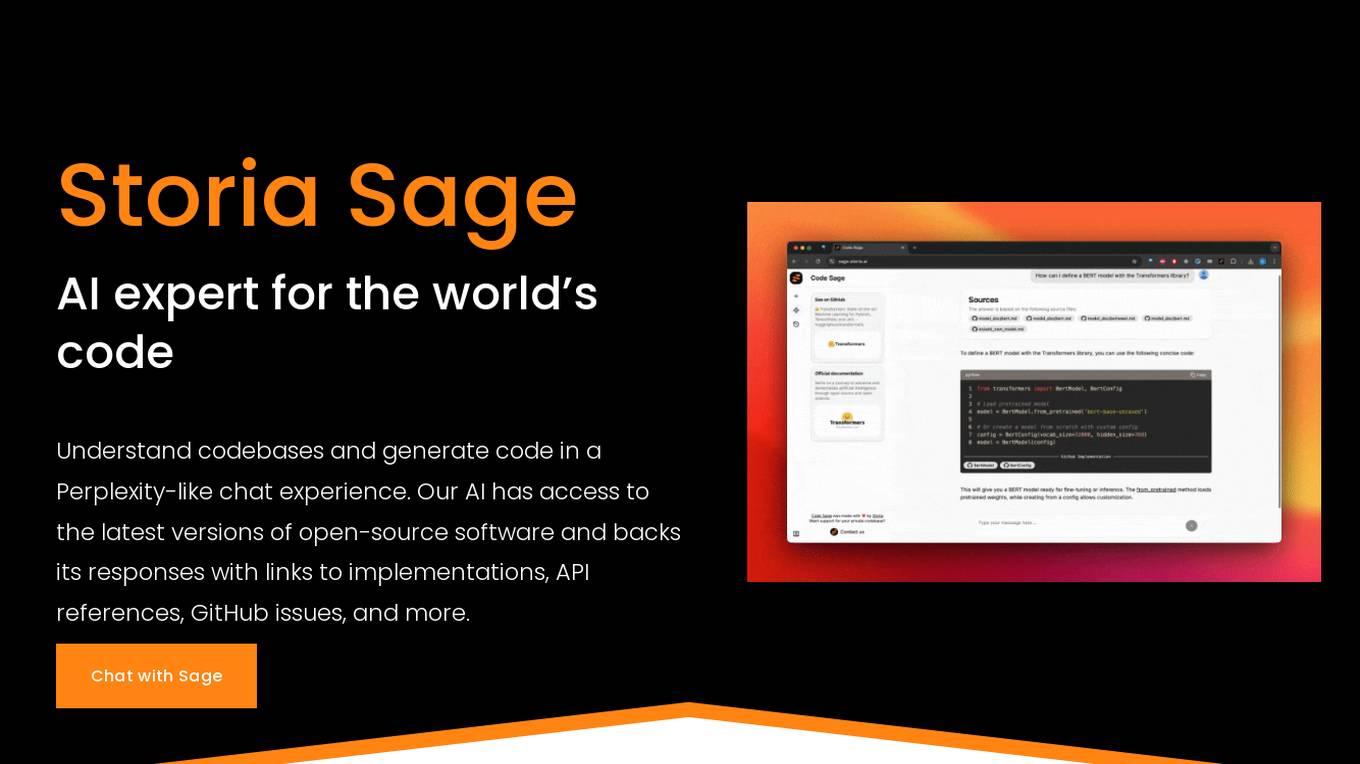
Storia AI
Storia AI is an AI tool designed to assist software engineering teams in understanding and generating code. It provides a Perplexity-like chat experience where users can interact with an AI expert that has access to the latest versions of open-source software. The tool aims to improve code understanding and generation by providing responses backed with links to implementations, API references, GitHub issues, and more. Storia AI is developed by a team of natural language processing researchers from Google and Amazon Alexa, with a mission to build the most reliable AI pair programmer for engineering teams.
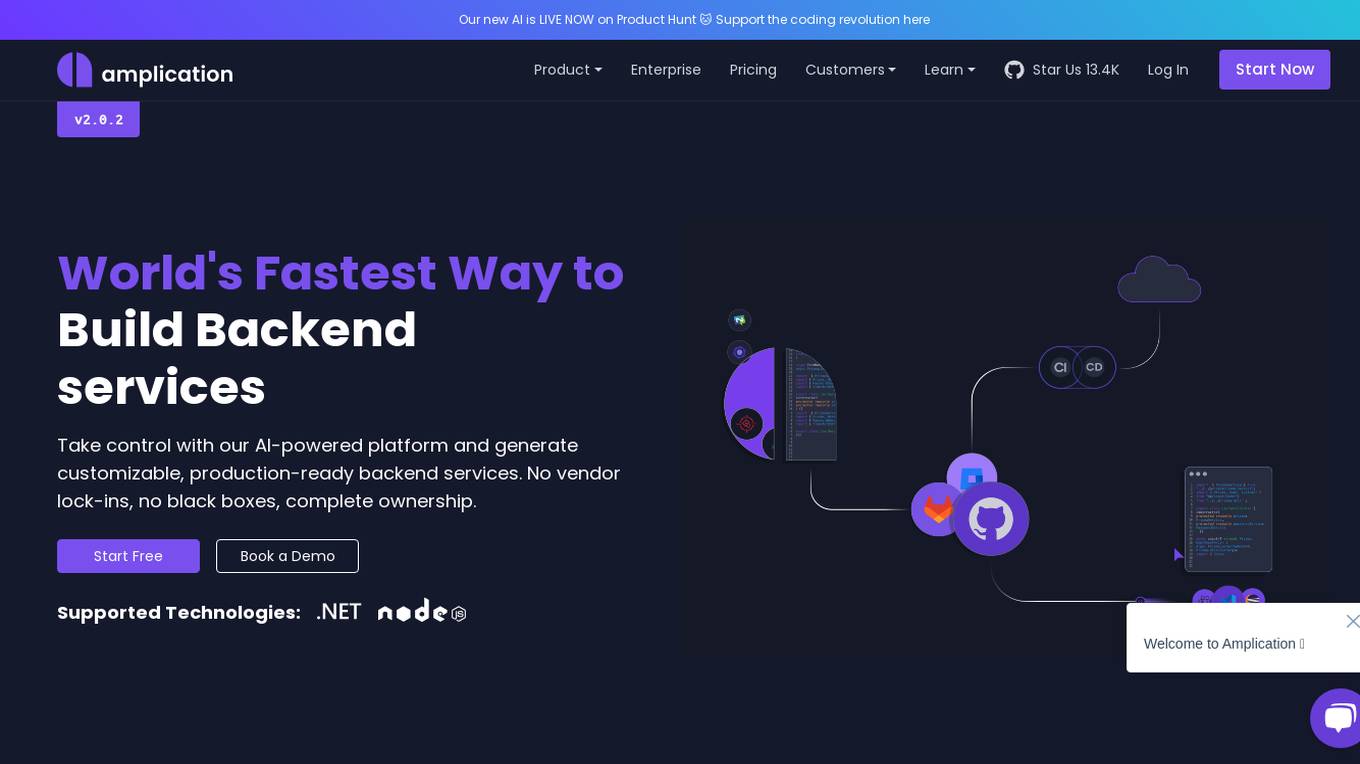
Amplication
Amplication is an AI-powered platform for .NET and Node.js app development, offering the world's fastest way to build backend services. It empowers developers by providing customizable, production-ready backend services without vendor lock-ins. Users can define data models, extend and customize with plugins, generate boilerplate code, and modify the generated code freely. The platform supports role-based access control, microservices architecture, continuous Git sync, and automated deployment. Amplication is SOC-2 certified, ensuring data security and compliance.
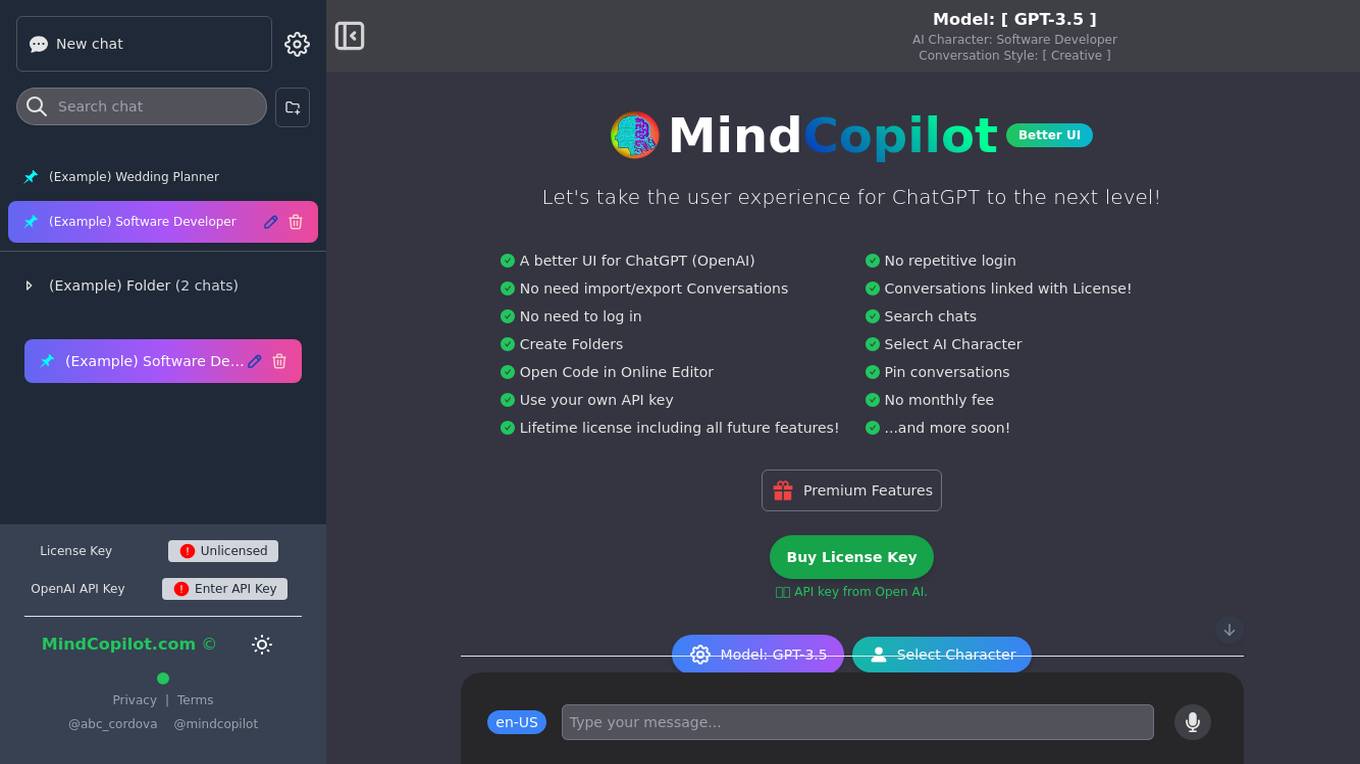
MindCopilot
MindCopilot is an AI tool designed to enhance the user experience of ChatGPT by providing a better UI. It offers features like no repetitive login, conversations linked with license, creating folders, selecting AI characters, and using your own API key. Users can enjoy a lifetime license with all future features included. The tool aims to simplify the process of interacting with ChatGPT and improving the overall user experience for software developers, wedding planners, and other professionals.
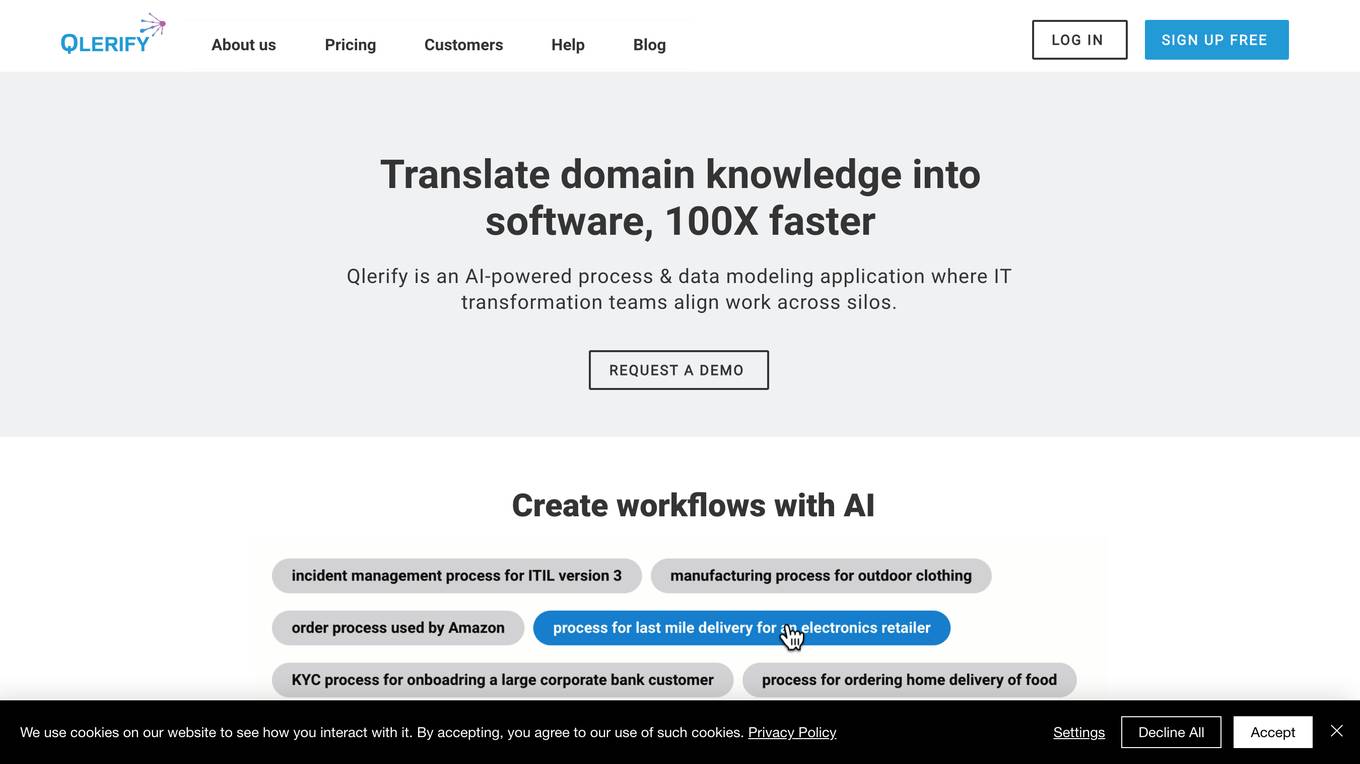
Qlerify
Qlerify is an AI-powered software modeling tool that helps digital transformation teams accelerate the digitalization of enterprise business processes. It allows users to quickly create workflows with AI, generate source code in minutes, and reuse actionable models in various formats. Qlerify supports powerful frameworks like Event Storming, Domain Driven Design, and Business Process Modeling, providing a user-friendly interface for collaborative modeling.
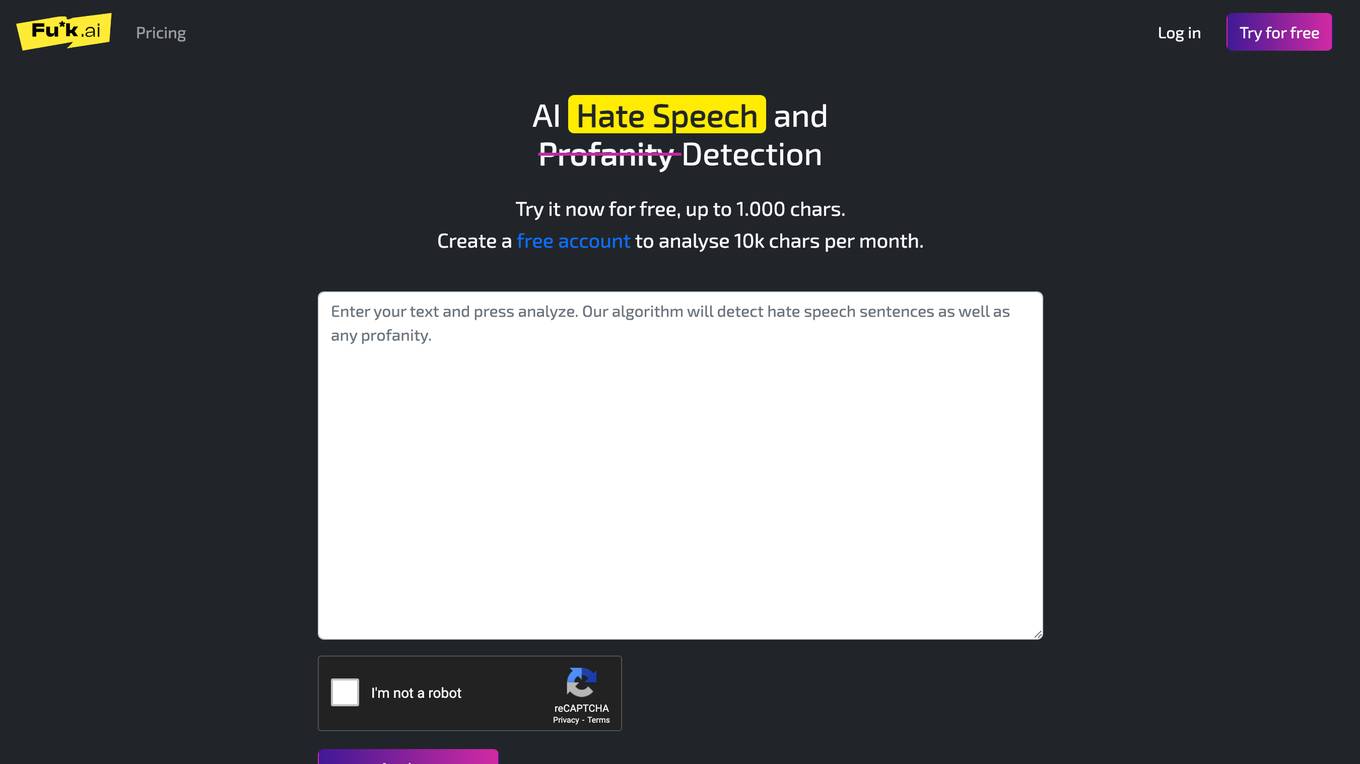
Fuk.ai
Fuk.ai is a hate speech and profanity detection tool that utilizes Transformer-based neural network architectures with advanced natural language processing capabilities to filter out hate, bigotry, and profanity from online content. It offers a free software pricing model and allows users to analyze up to 1,000 characters for free. By creating an account, users can analyze up to 10,000 characters per month. Fuk.ai can be integrated into user-generated apps and websites to maintain a positive online environment.
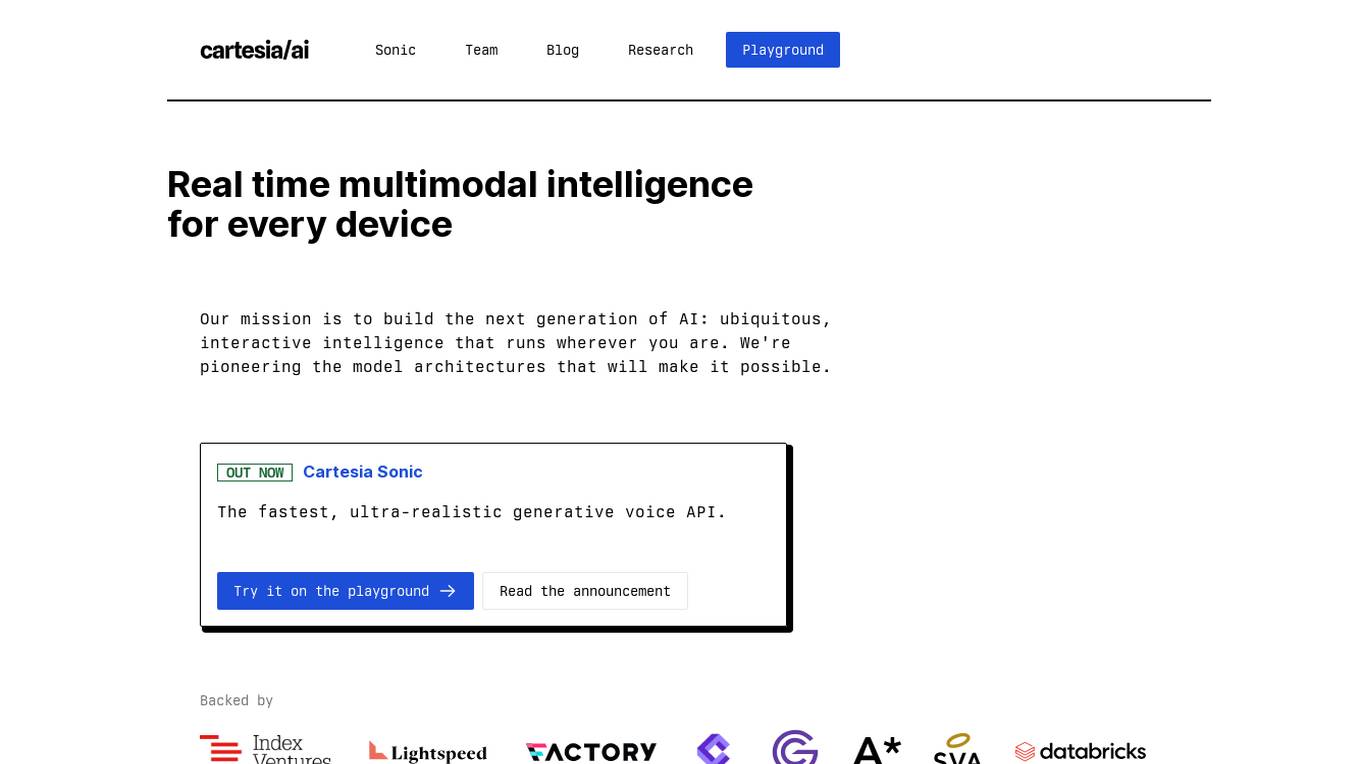
Cartesia Sonic Team Blog Research Playground
Cartesia Sonic Team Blog Research Playground is an AI application that offers real-time multimodal intelligence for every device. The application aims to build the next generation of AI by providing ubiquitous, interactive intelligence that can run on any device. It features the fastest, ultra-realistic generative voice API and is backed by research on simple linear attention language models and state-space models. The founding team, who met at the Stanford AI Lab, has invented State Space Models (SSMs) and scaled it up to achieve state-of-the-art results in various modalities such as text, audio, video, images, and time-series data.
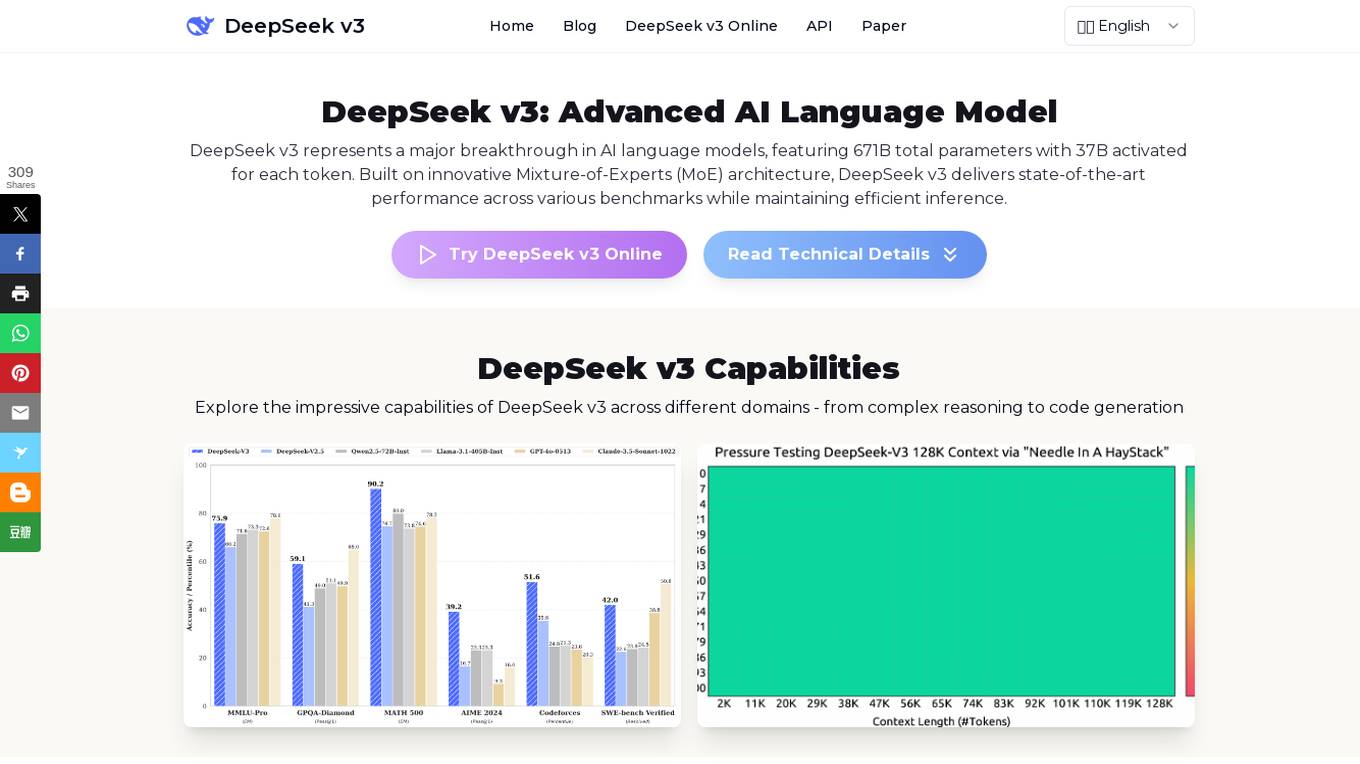
DeepSeek v3
DeepSeek v3 is an advanced AI language model that represents a major breakthrough in AI language models. It features a groundbreaking Mixture-of-Experts (MoE) architecture with 671B total parameters, delivering state-of-the-art performance across various benchmarks while maintaining efficient inference capabilities. DeepSeek v3 is pre-trained on 14.8 trillion high-quality tokens and excels in tasks such as text generation, code completion, and mathematical reasoning. With a 128K context window and advanced Multi-Token Prediction, DeepSeek v3 sets new standards in AI language modeling.
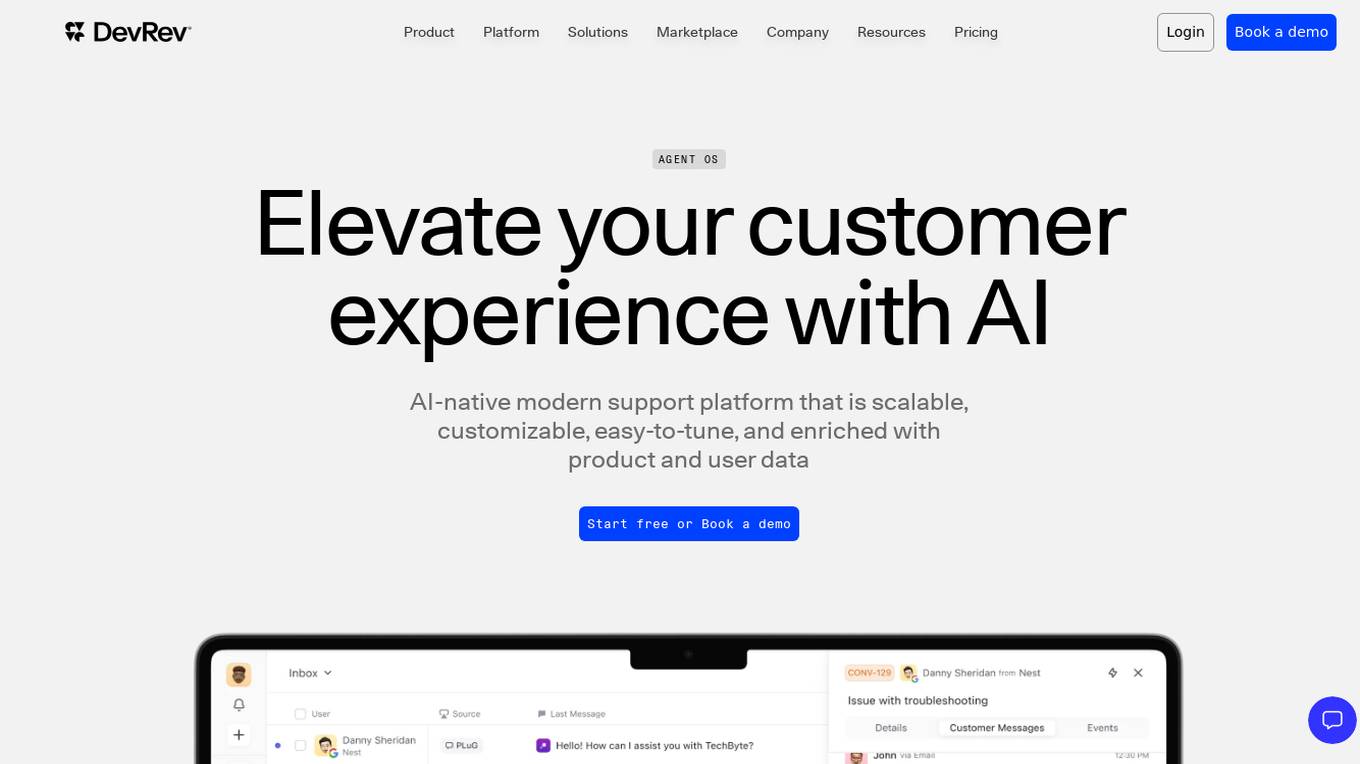
DevRev
DevRev is an AI-native modern support platform that offers a comprehensive solution for customer experience enhancement. It provides data engineering, knowledge graph, and customizable LLMs to streamline support, product management, and software development processes. With features like in-browser analytics, consumer-grade social collaboration, and global scale API calls, DevRev aims to bring together different silos within a company to drive efficiency and collaboration. The platform caters to support people, product managers, and developers, automating tasks, assisting in decision-making, and elevating collaboration levels. DevRev is designed to empower digital product teams to assimilate customer feedback in real-time, ultimately powering the next generation of technology companies.
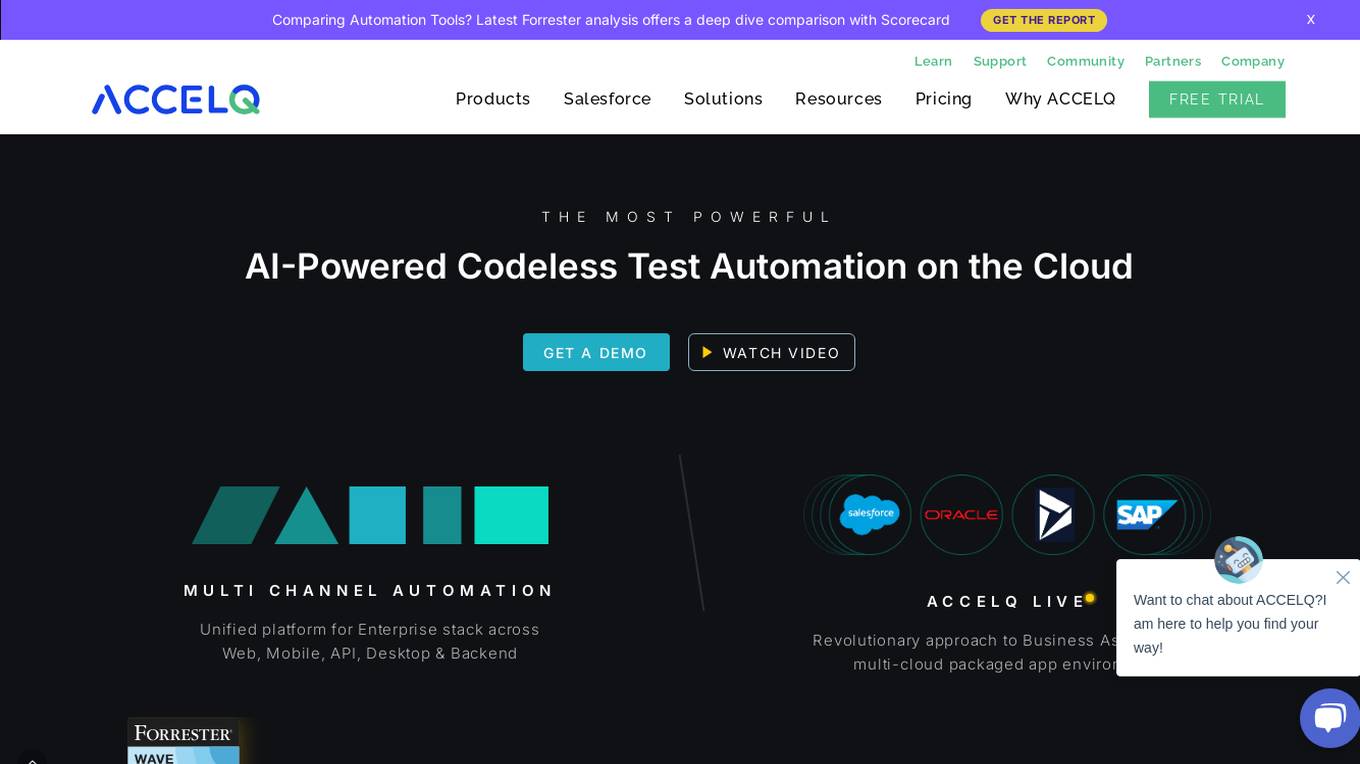
ACCELQ
ACCELQ is a powerful AI-driven test automation platform that offers codeless automation for web, desktop, mobile, and API testing. It provides a unified platform for continuous delivery, full-stack automation, and manual testing integration. ACCELQ is known for its industry-first no-code, no-setup mobile automation platform and comprehensive API automation capabilities. The platform is designed to handle real-world complexities with zero coding required, making it intuitive and scalable for businesses of all sizes.
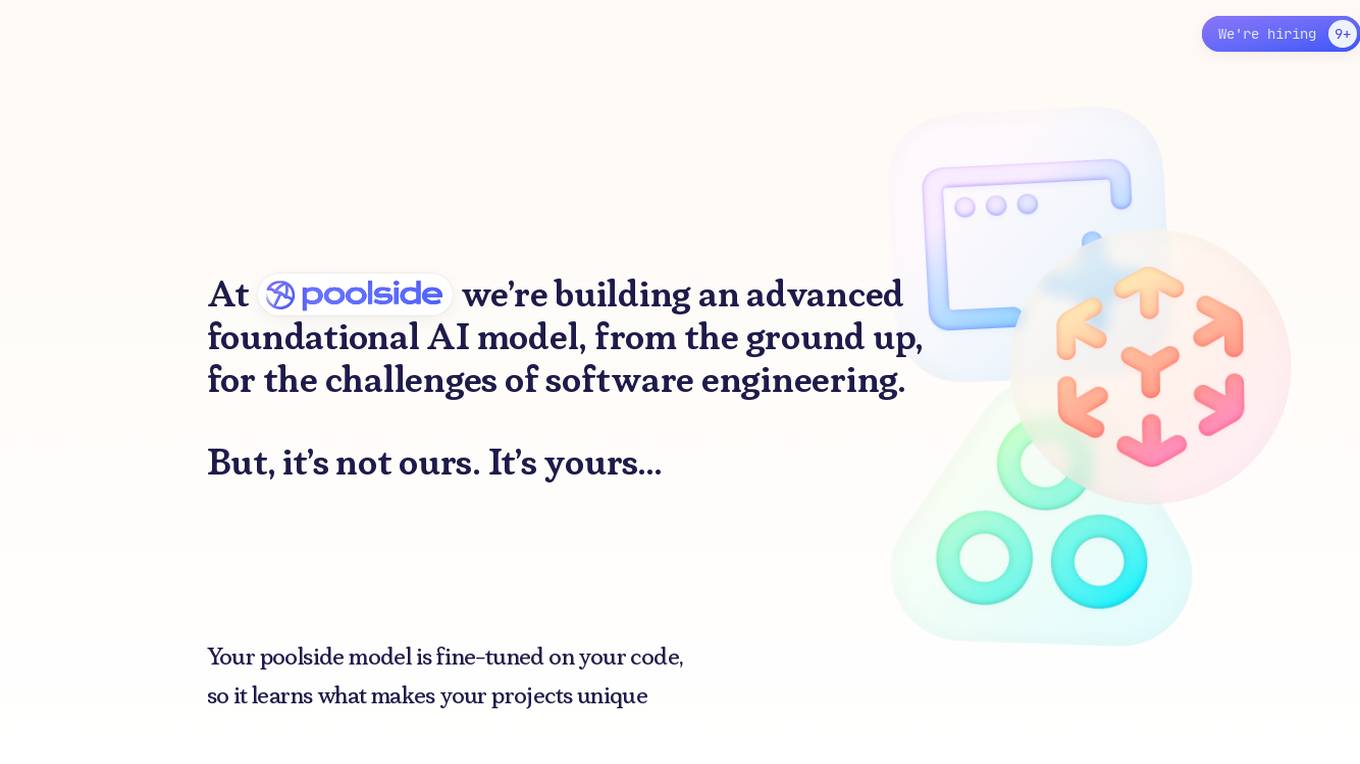
poolside
poolside is an advanced foundational AI model designed specifically for software engineering challenges. It allows users to fine-tune the model on their own code, enabling it to understand project uniqueness and complexities that generic models can't grasp. The platform aims to empower teams to build better, faster, and happier by providing a personalized AI model that continuously improves. In addition to the AI model for writing code, poolside offers an intuitive editor assistant and an API for developers to leverage.
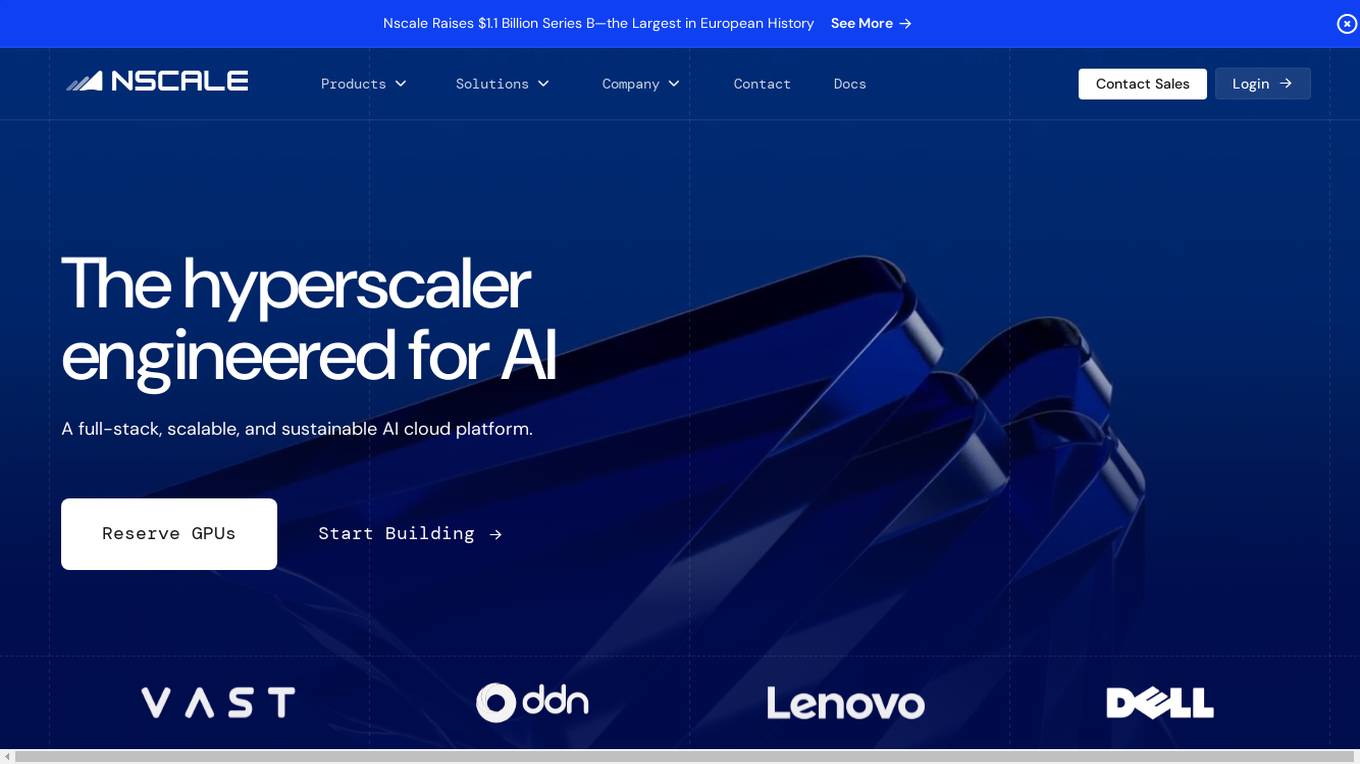
Nscale
Nscale is a full-stack, scalable, and sustainable AI cloud platform that offers a wide range of AI services and solutions. It provides services for developing, training, tuning, and deploying AI models using on-demand services. Nscale also offers serverless inference API endpoints, fine-tuning capabilities, private cloud solutions, and various GPU clusters engineered for AI. The platform aims to simplify the journey from AI model development to production, offering a marketplace for AI/ML tools and resources. Nscale's infrastructure includes data centers powered by renewable energy, high-performance GPU nodes, and optimized networking and storage solutions.
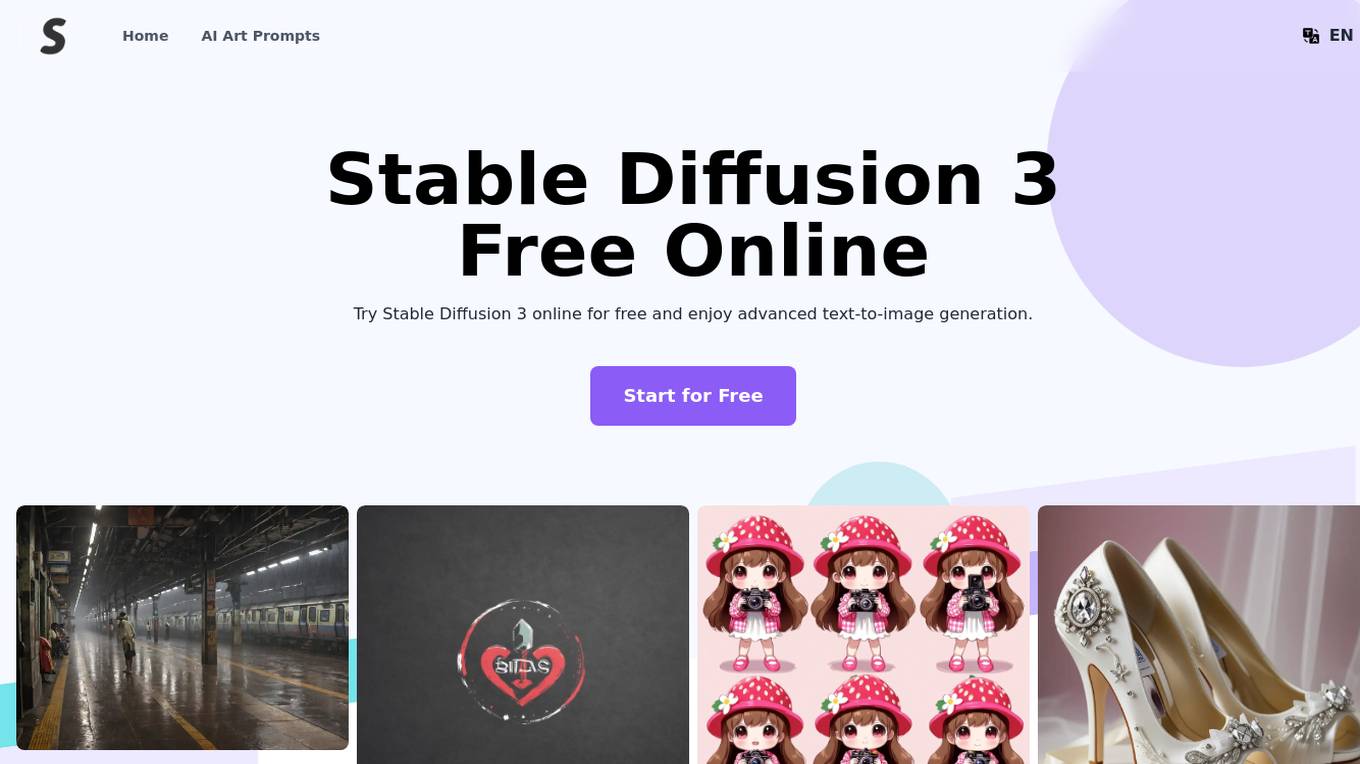
Stable Diffusion 3
Stable Diffusion 3 is an advanced text-to-image model developed by Stability AI, offering significant improvements in image fidelity, multi-subject handling, and text adherence. Leveraging the Multimodal Diffusion Transformer (MMDiT) architecture, it features separate weights for image and language representations. Users can access the model through the Stable Diffusion 3 API, download options, and online platforms to experience its capabilities and benefits.
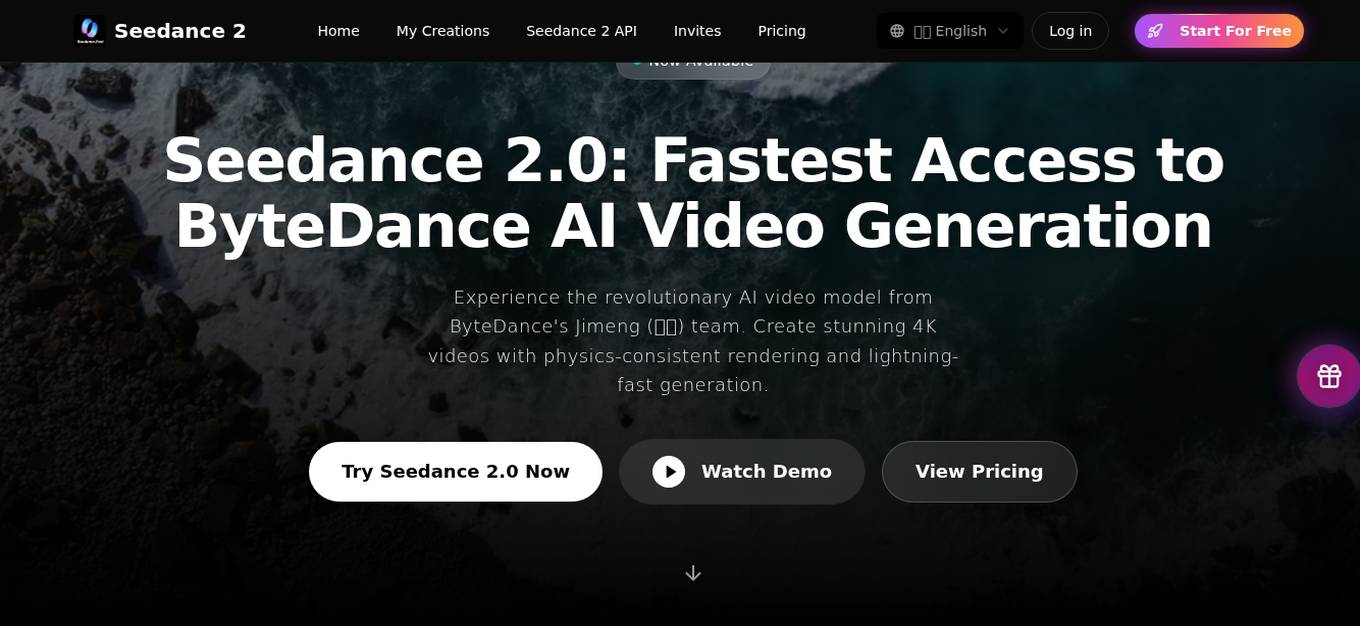
Seedance 2.0
Seedance 2.0 is an AI video generation tool developed by ByteDance's Jimeng team. It offers revolutionary AI video creation capabilities, including 4K resolution support, physics-consistent rendering, and lightning-fast generation speeds. The platform democratizes access to professional-grade AI video generation for content creators, developers, and enterprises, leveraging advanced neural architectures and vast training data to deliver unparalleled results in text-to-video, image-to-video, and video-to-video transformations.
2 - Open Source Tools
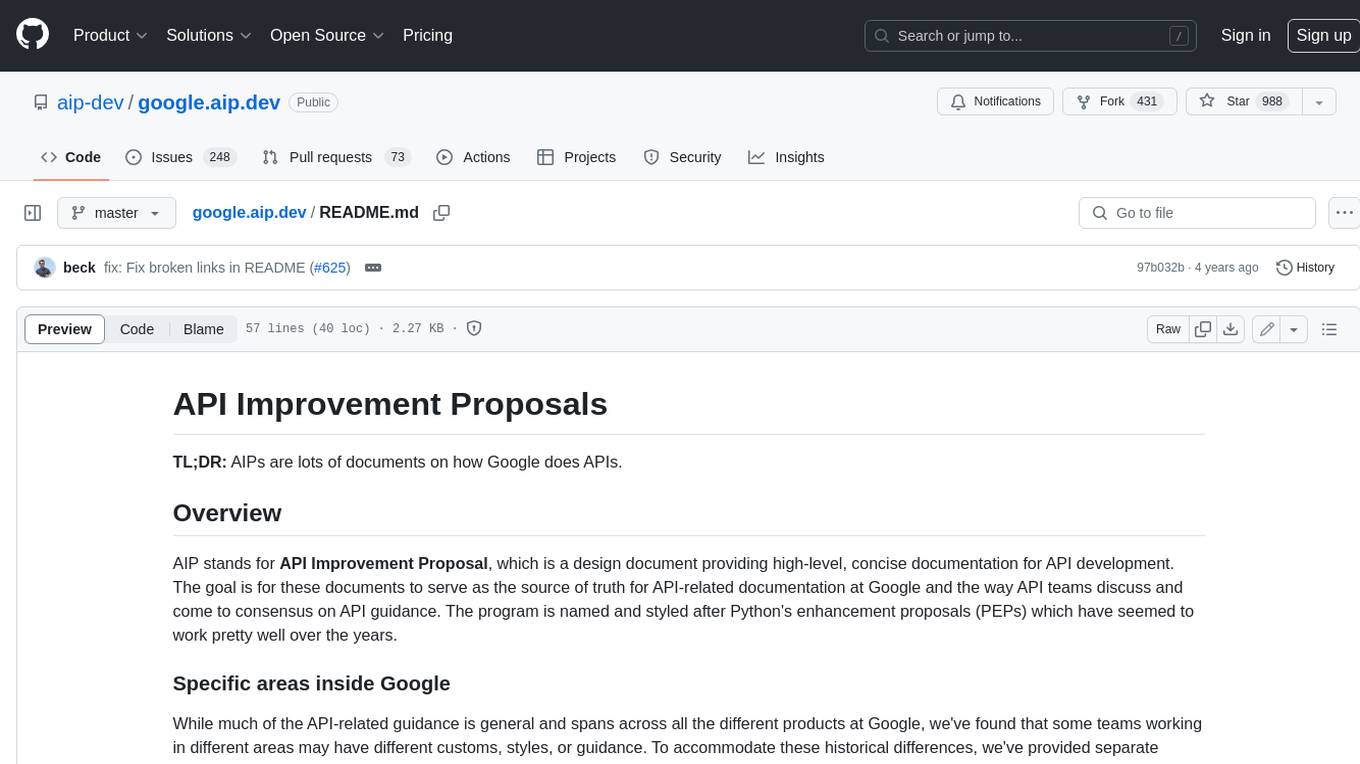
google.aip.dev
API Improvement Proposals (AIPs) are design documents that provide high-level, concise documentation for API development at Google. The goal of AIPs is to serve as the source of truth for API-related documentation and to facilitate discussion and consensus among API teams. AIPs are similar to Python's enhancement proposals (PEPs) and are organized into different areas within Google to accommodate historical differences in customs, styles, and guidance.
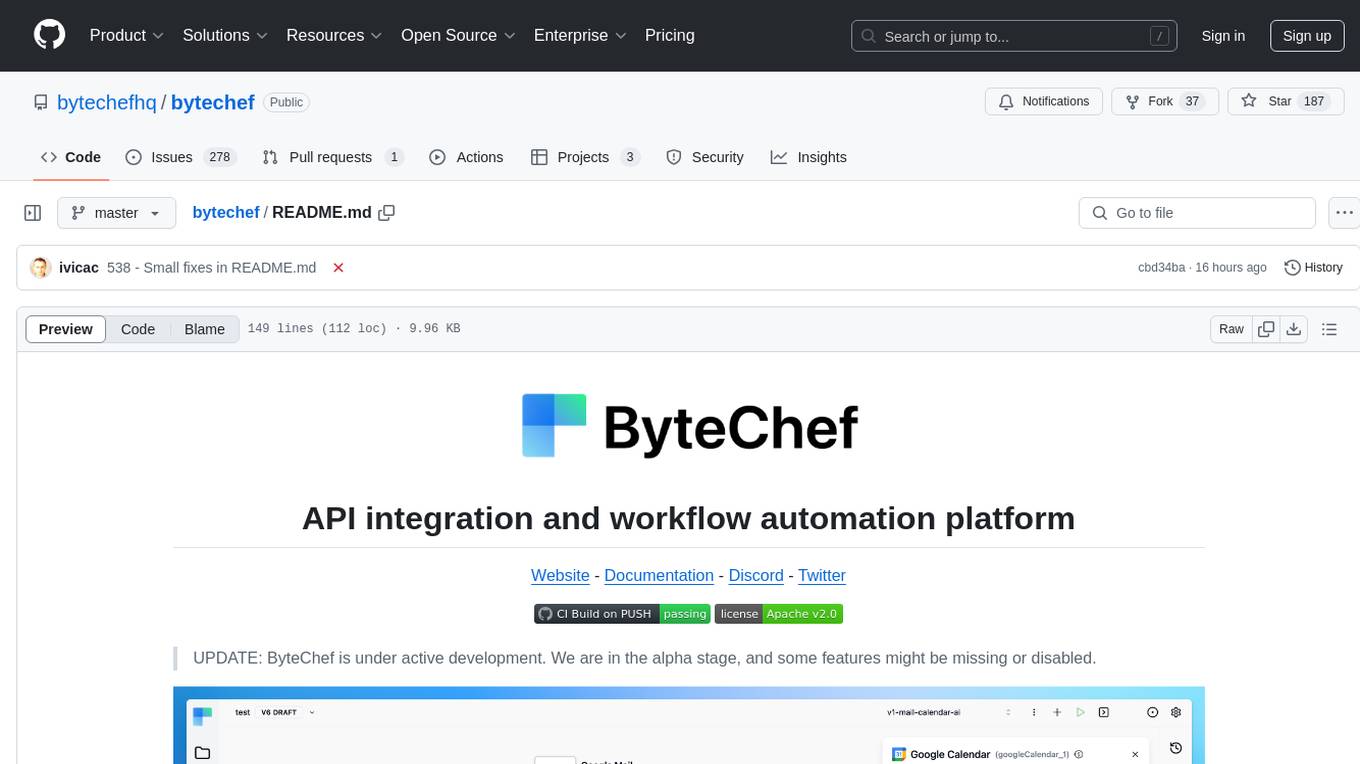
bytechef
ByteChef is an open-source, low-code, extendable API integration and workflow automation platform. It provides an intuitive UI Workflow Editor, event-driven & scheduled workflows, multiple flow controls, built-in code editor supporting Java, JavaScript, Python, and Ruby, rich component ecosystem, extendable with custom connectors, AI-ready with built-in AI components, developer-ready to expose workflows as APIs, version control friendly, self-hosted, scalable, and resilient. It allows users to build and visualize workflows, automate tasks across SaaS apps, internal APIs, and databases, and handle millions of workflows with high availability and fault tolerance.
20 - OpenAI Gpts
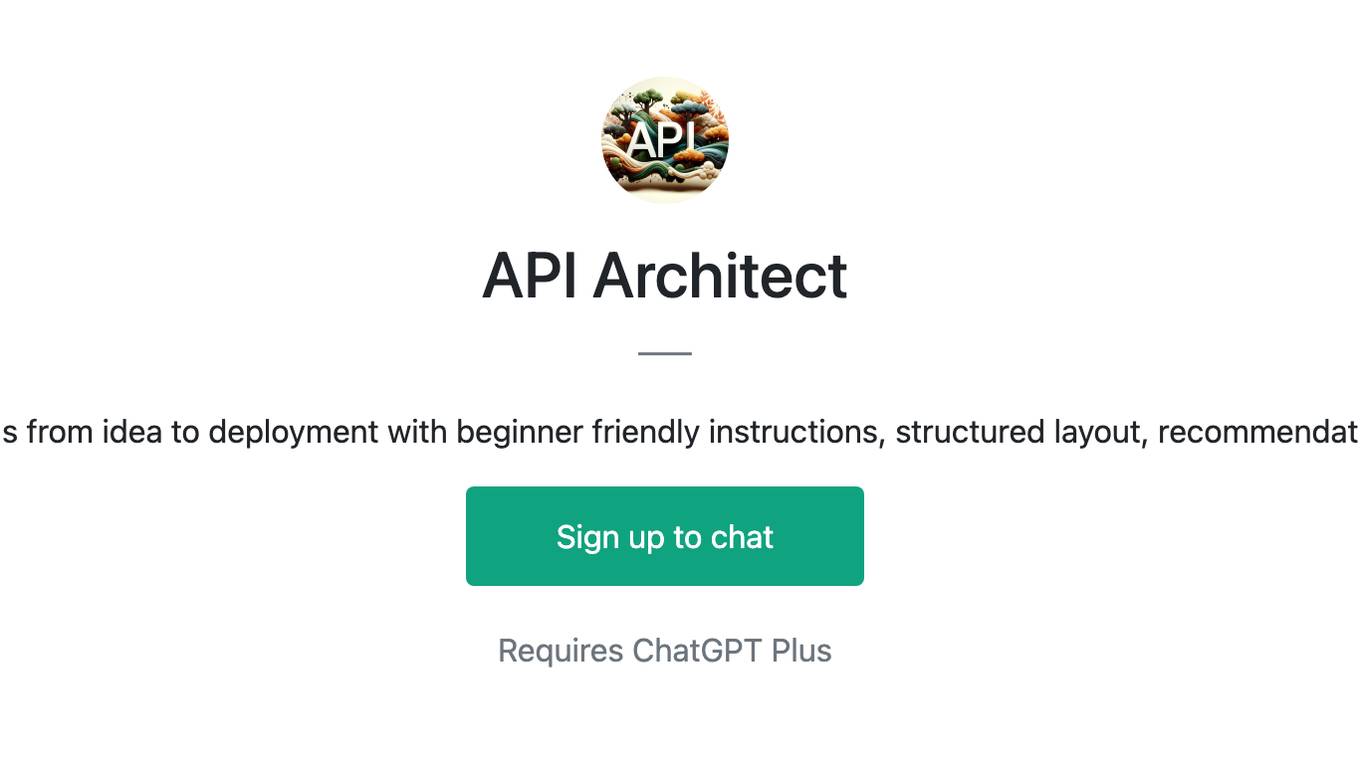
API Architect
Create APIs from idea to deployment with beginner friendly instructions, structured layout, recommendations, etc
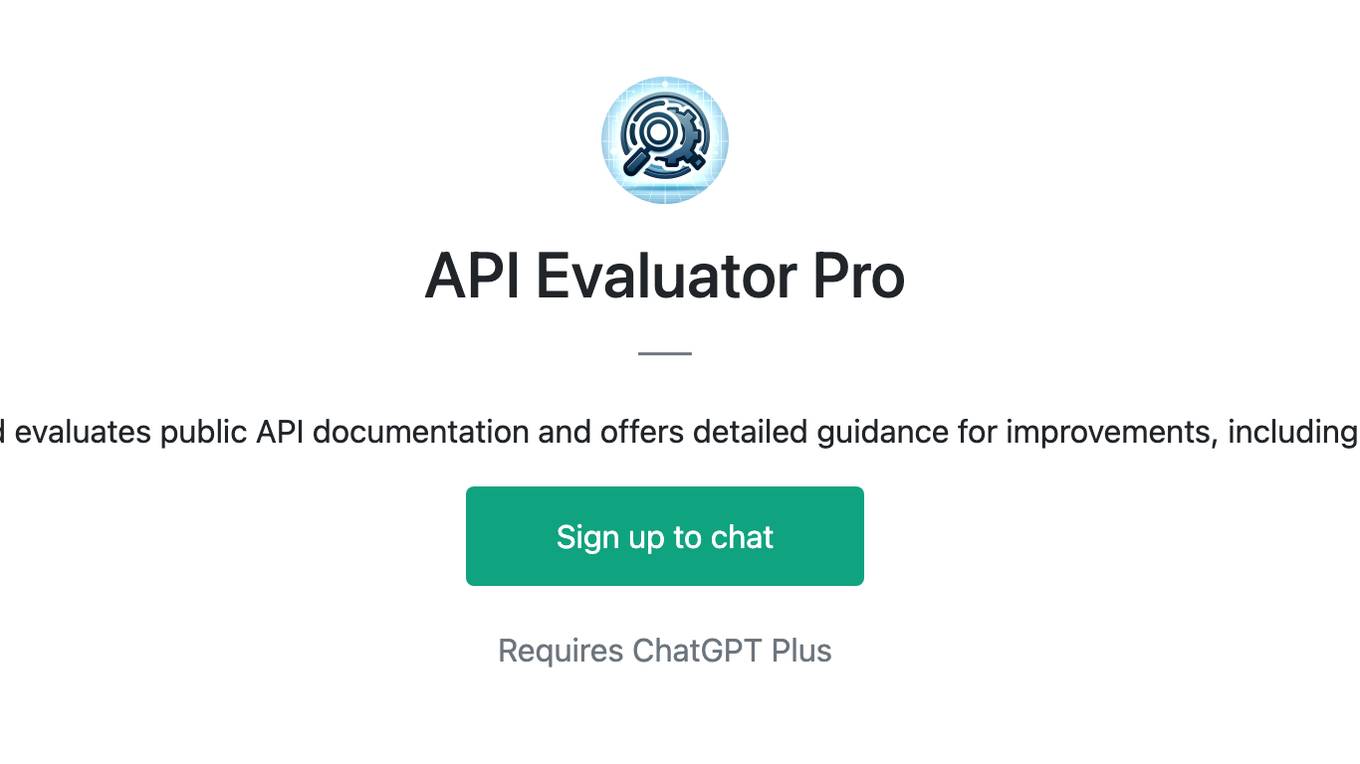
API Evaluator Pro
Examines and evaluates public API documentation and offers detailed guidance for improvements, including AI usability
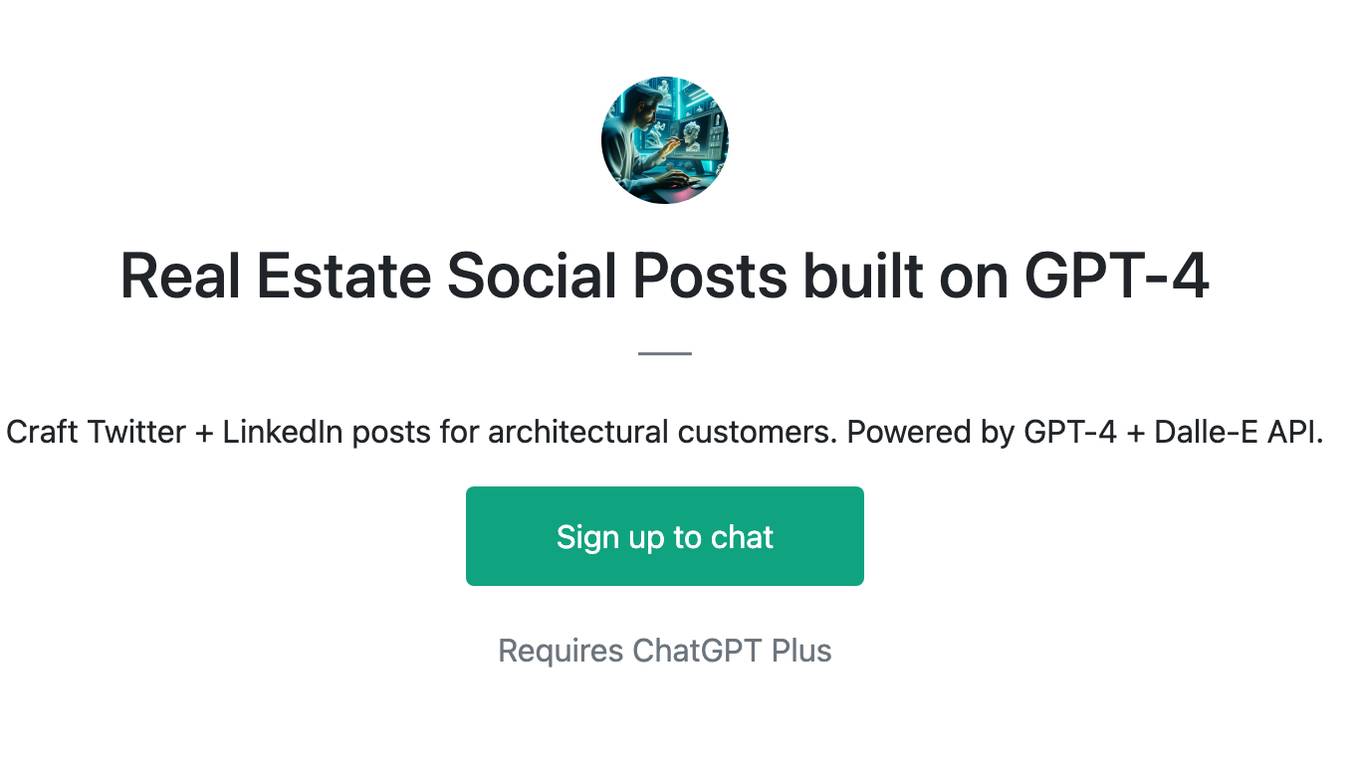
Real Estate Social Posts built on GPT-4
Craft Twitter + LinkedIn posts for architectural customers. Powered by GPT-4 + Dalle-E API.
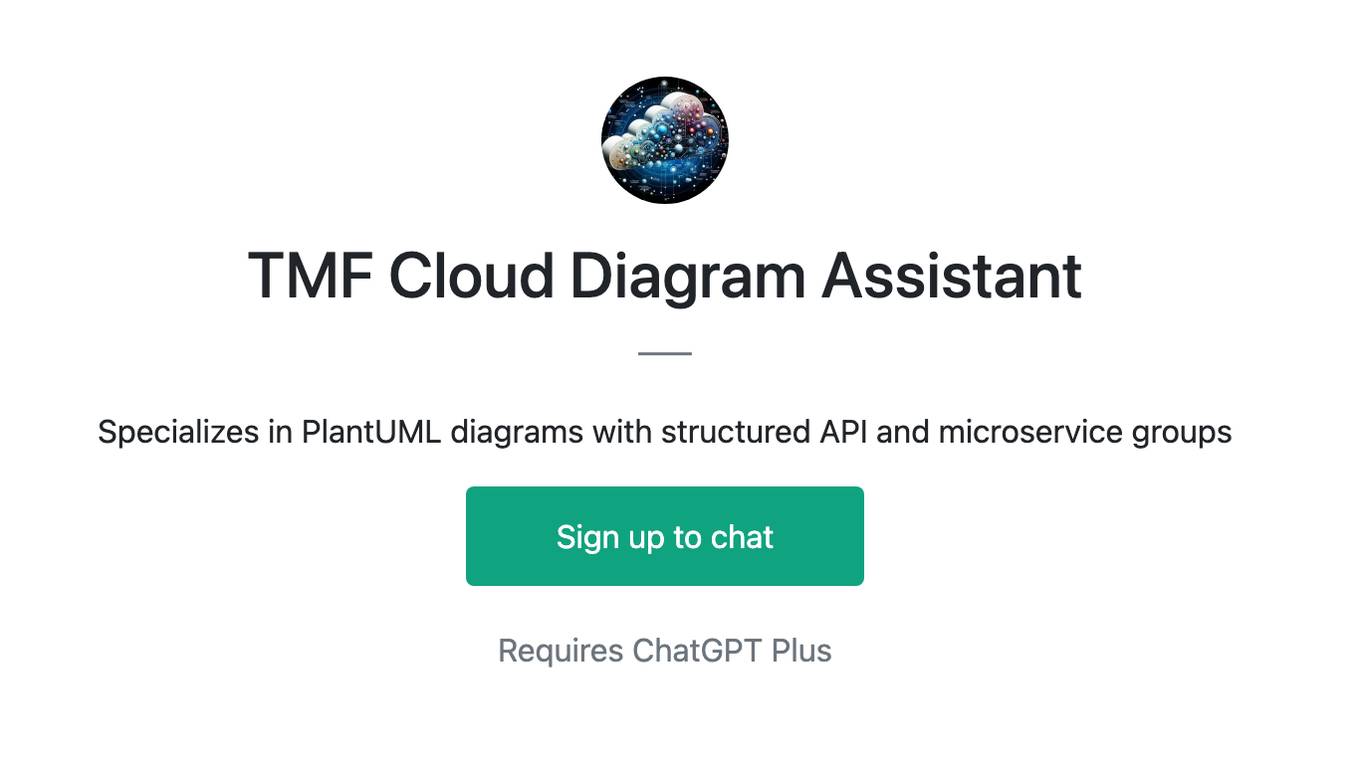
TMF Cloud Diagram Assistant
Specializes in PlantUML diagrams with structured API and microservice groups
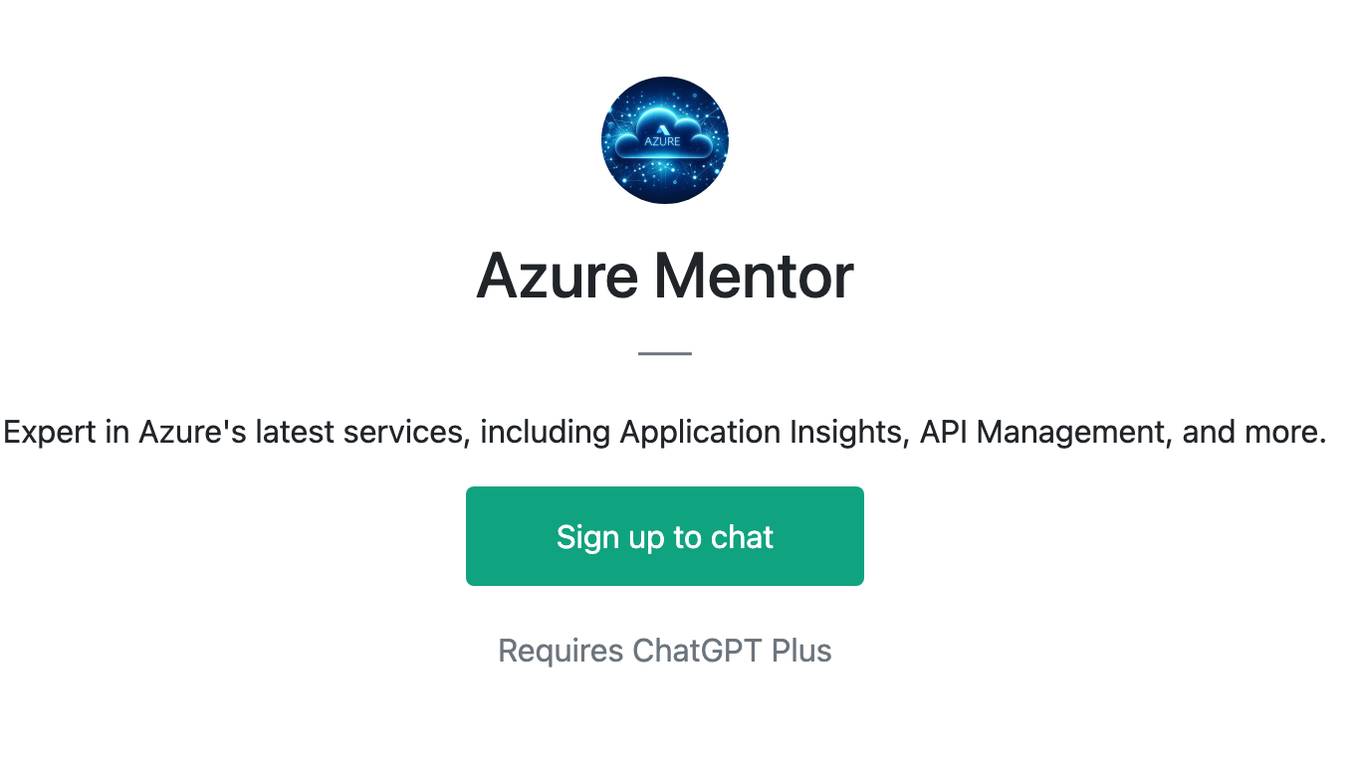
Azure Mentor
Expert in Azure's latest services, including Application Insights, API Management, and more.
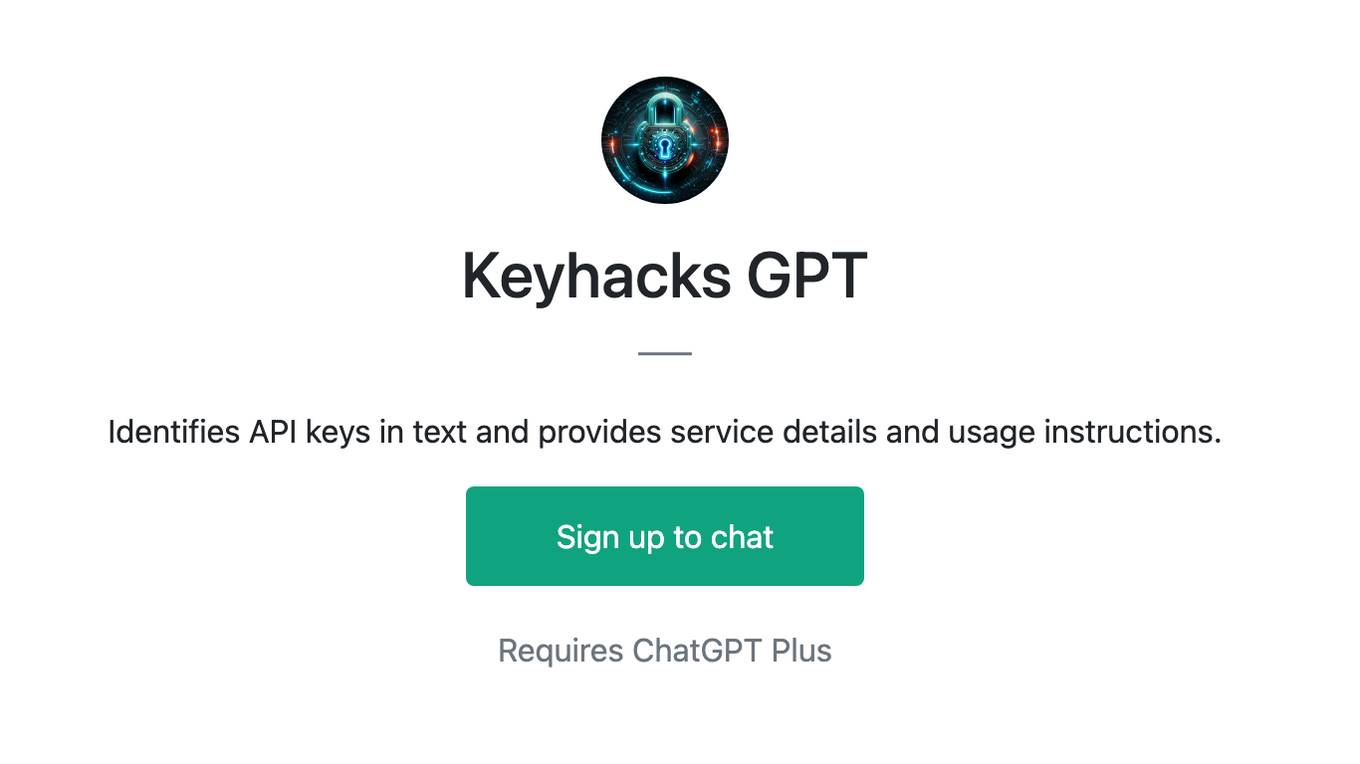
Keyhacks GPT
Identifies API keys in text and provides service details and usage instructions.
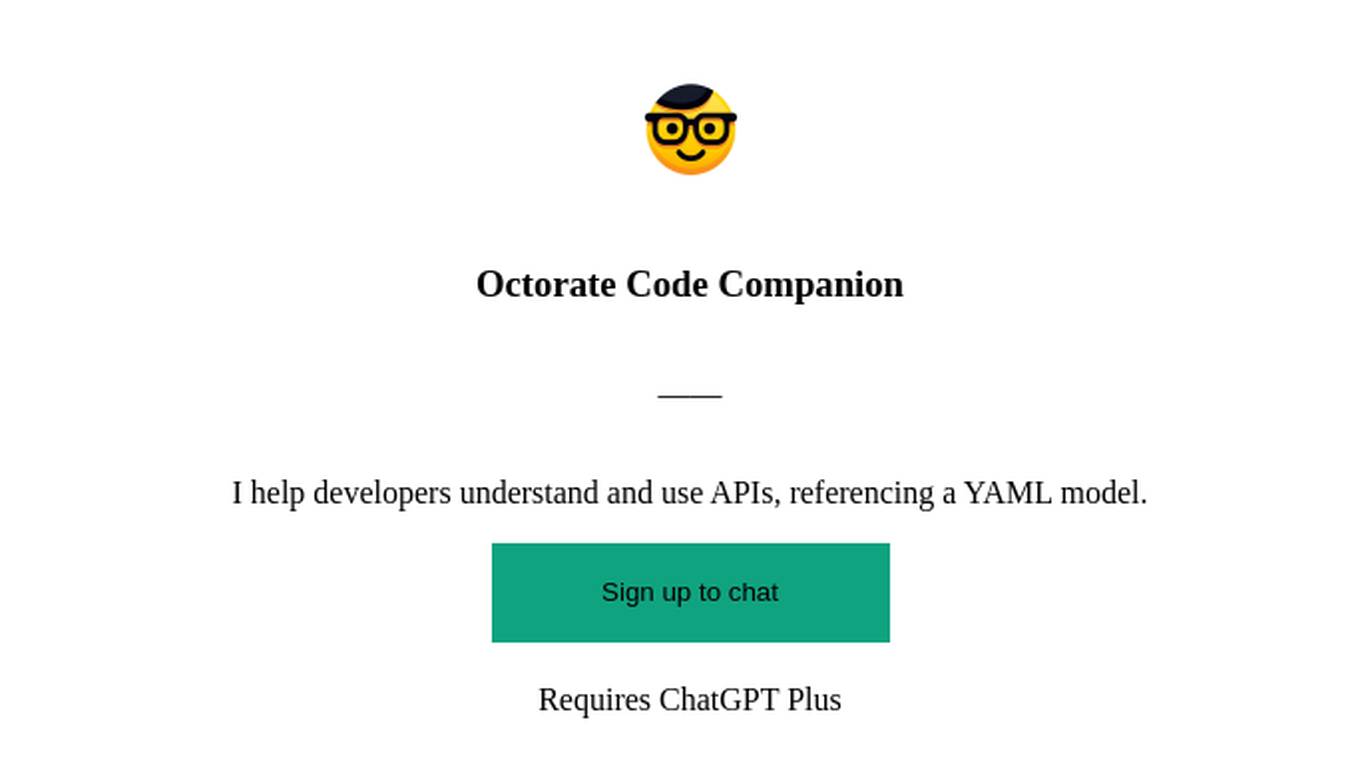
Octorate Code Companion
I help developers understand and use APIs, referencing a YAML model.
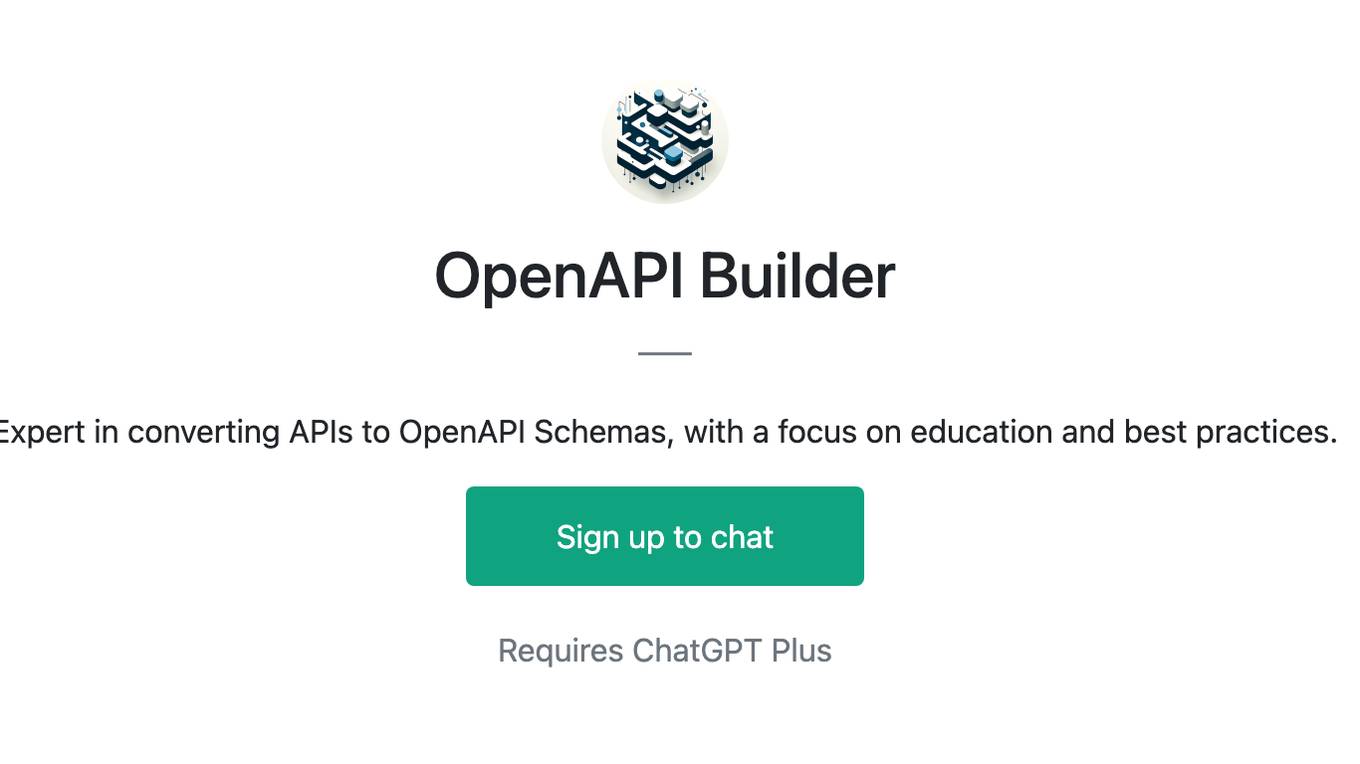
OpenAPI Builder
Expert in converting APIs to OpenAPI Schemas, with a focus on education and best practices.
